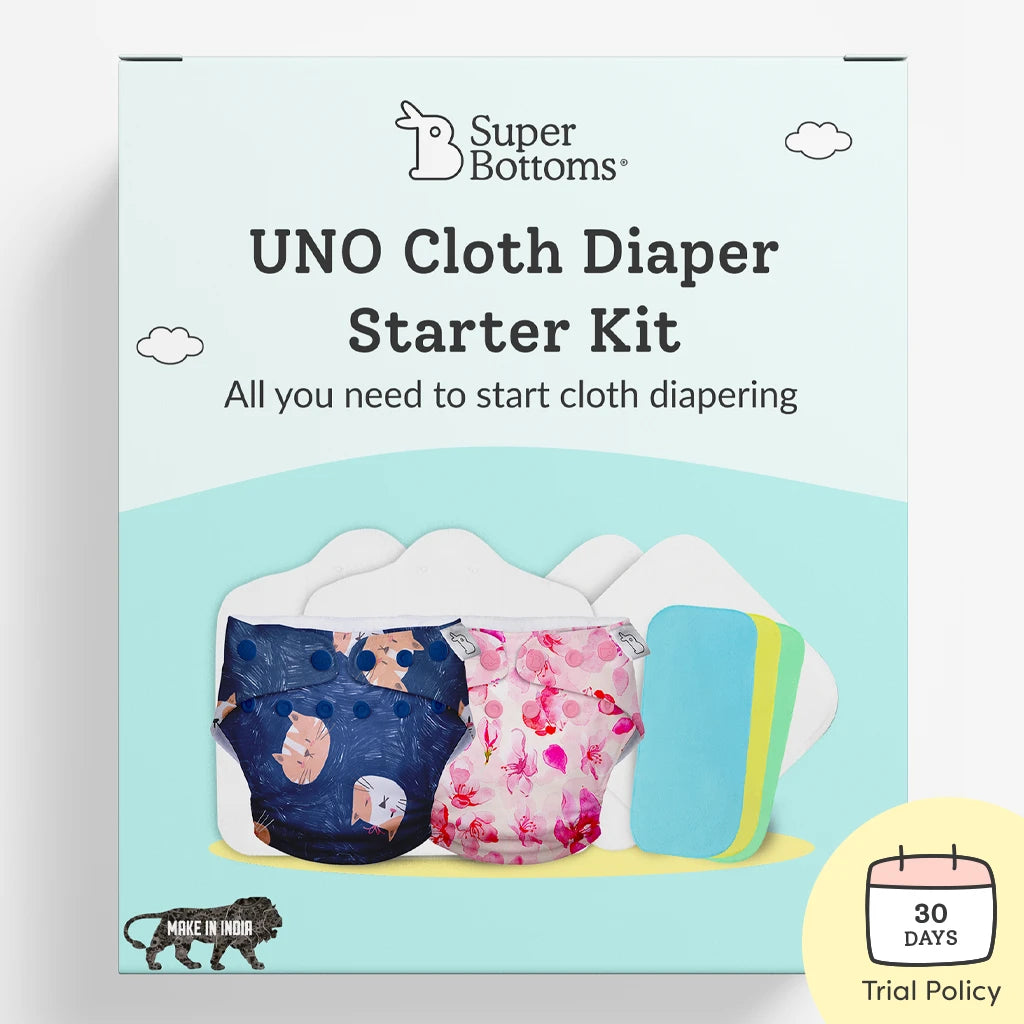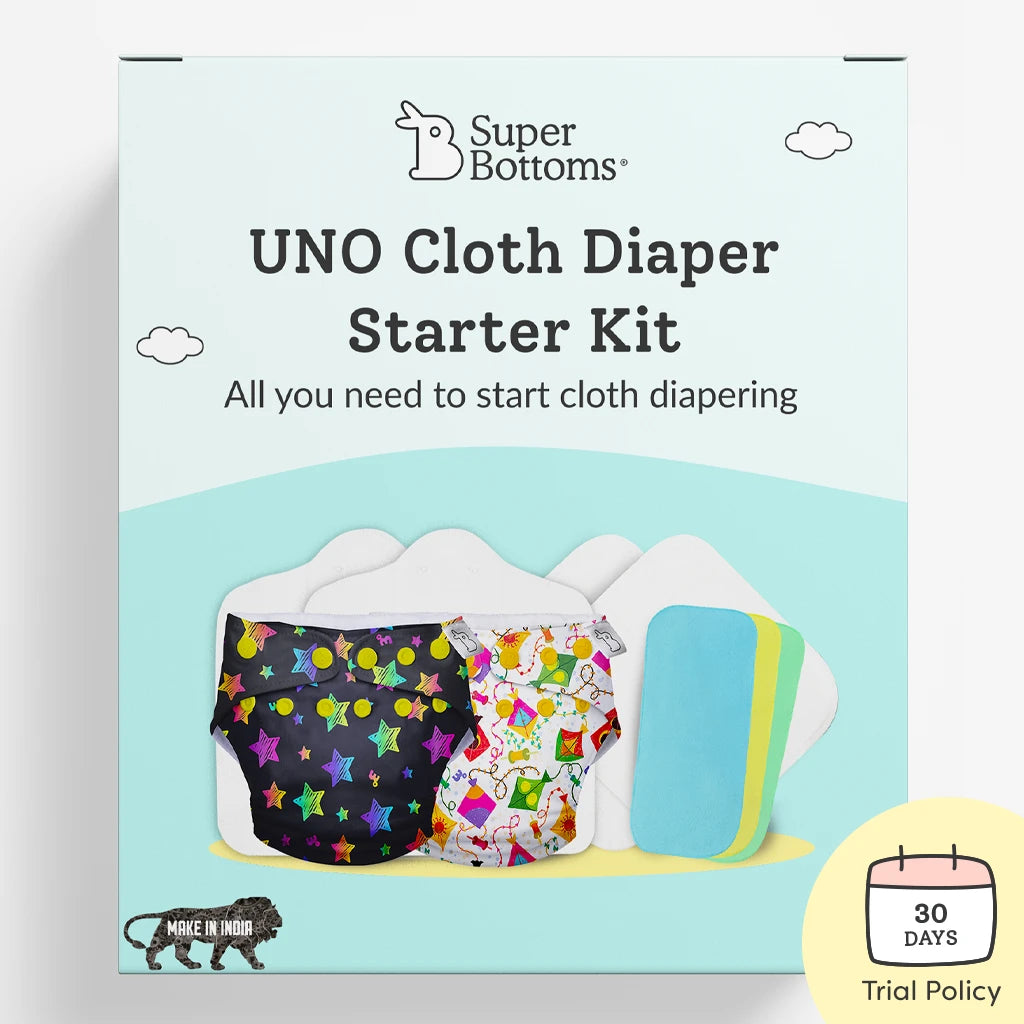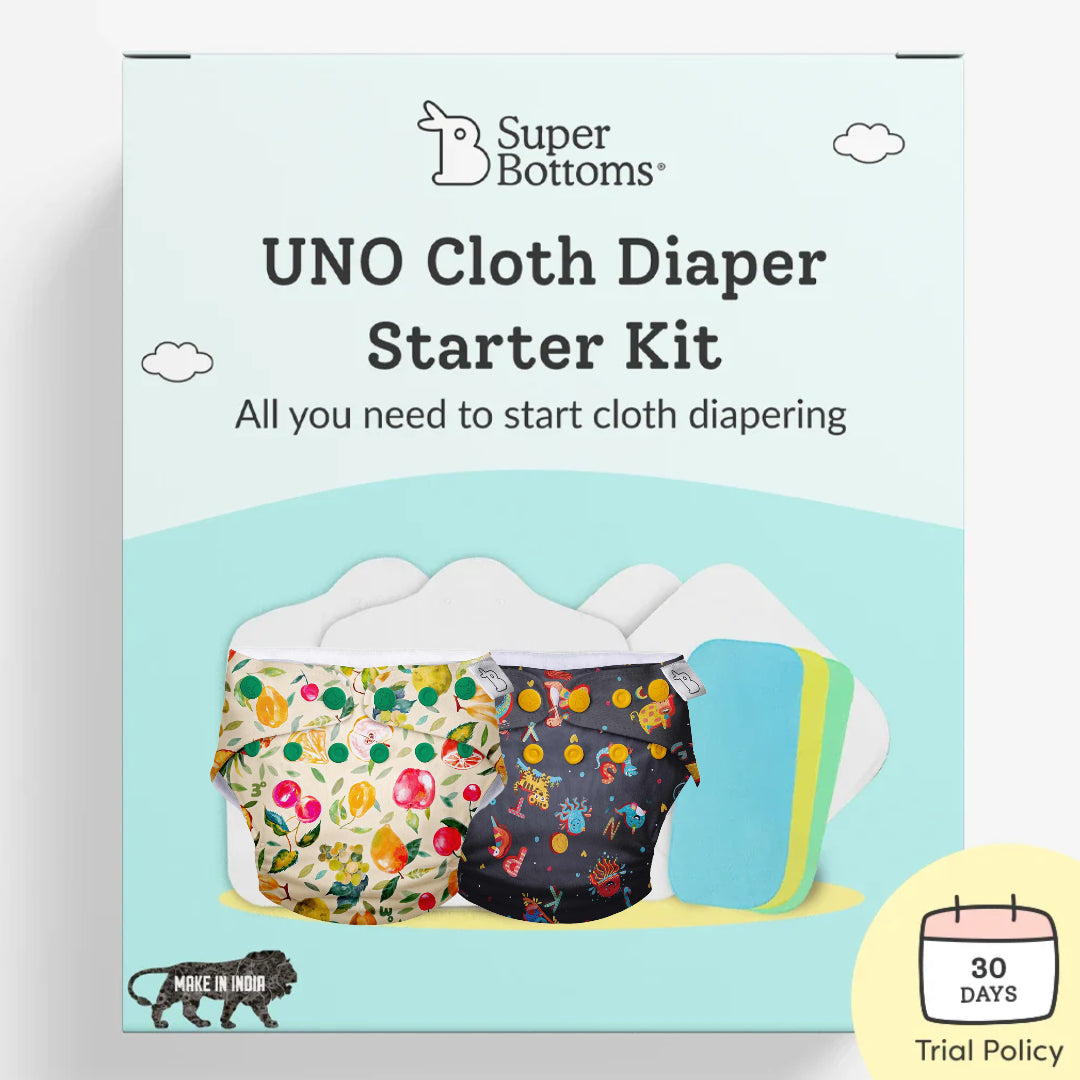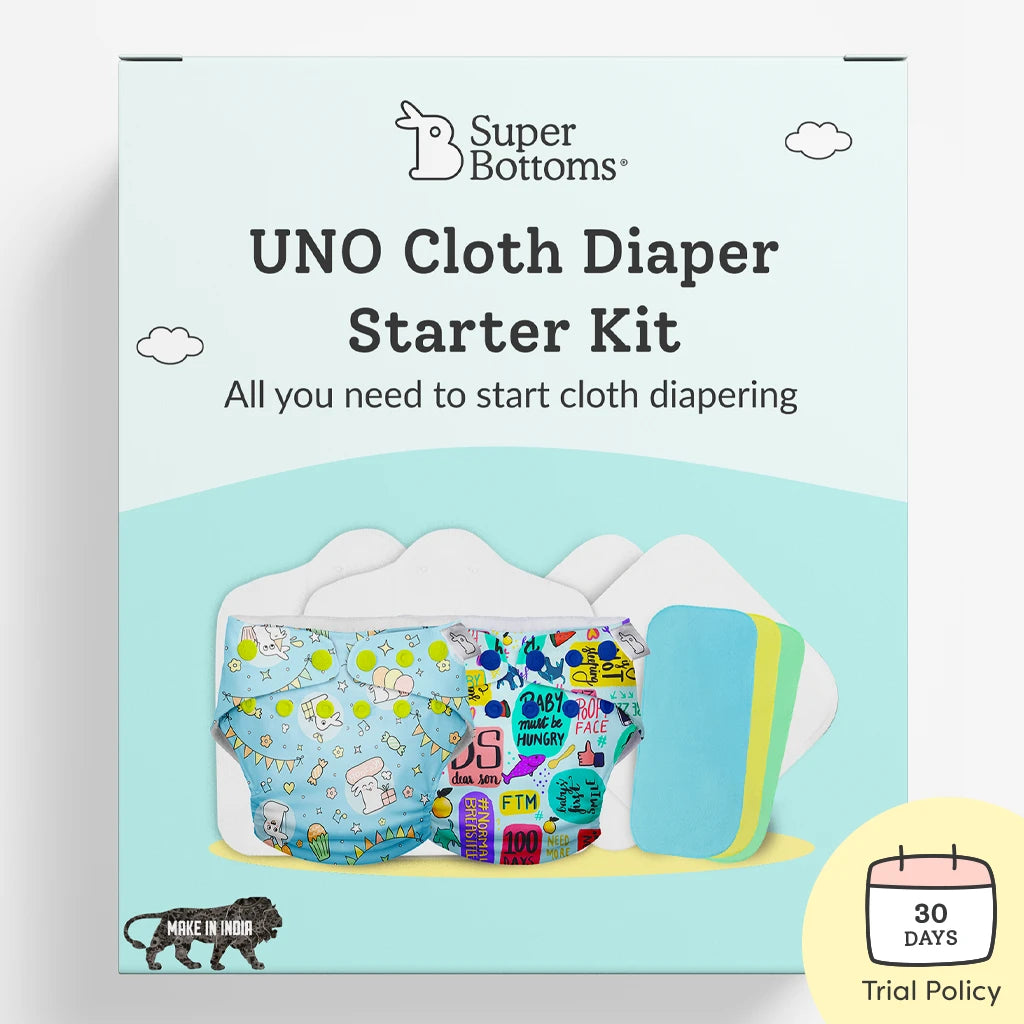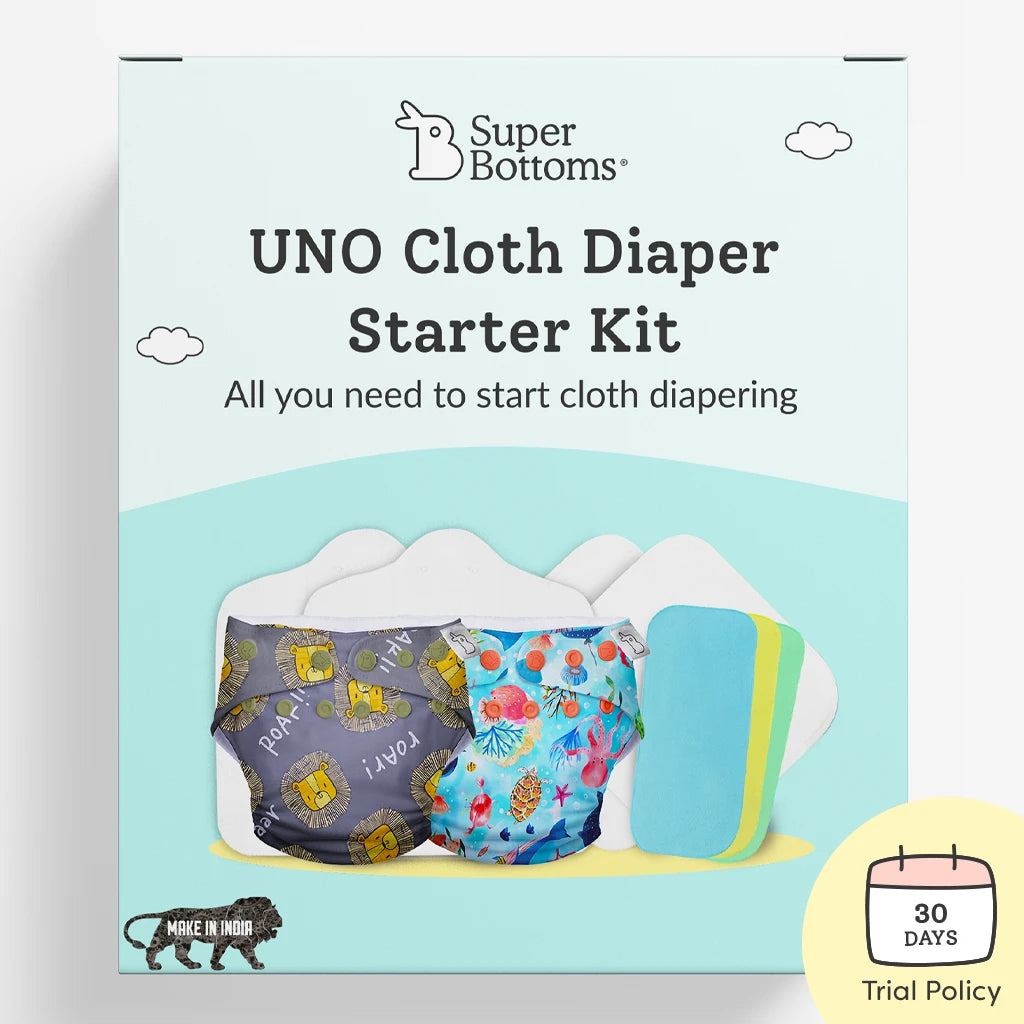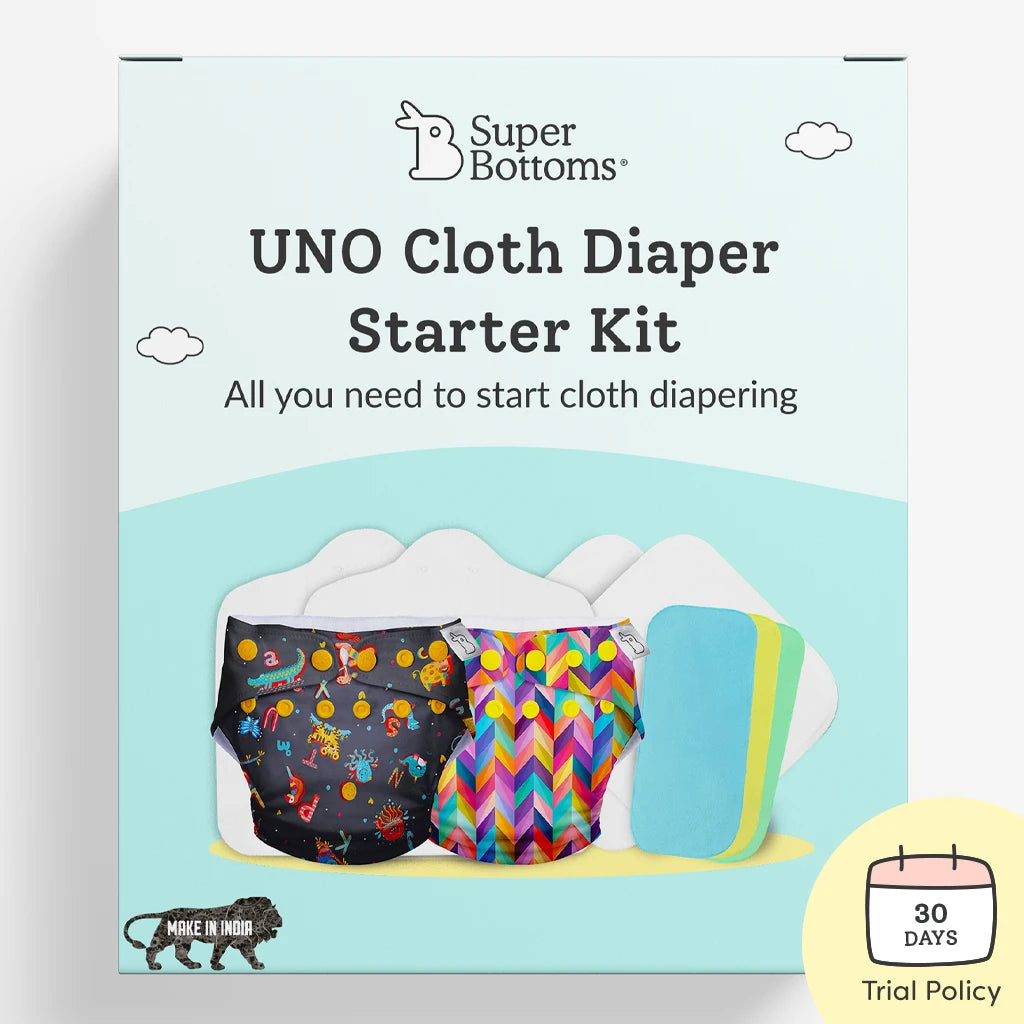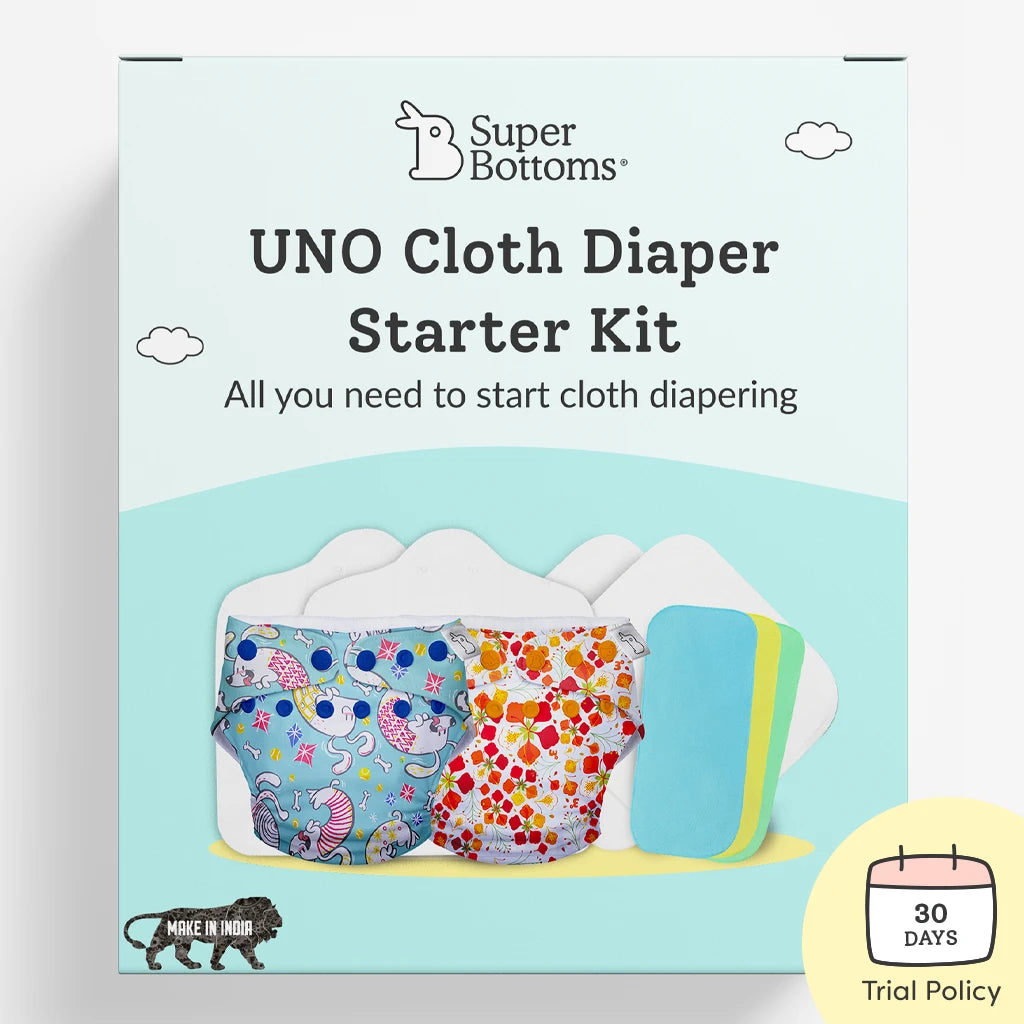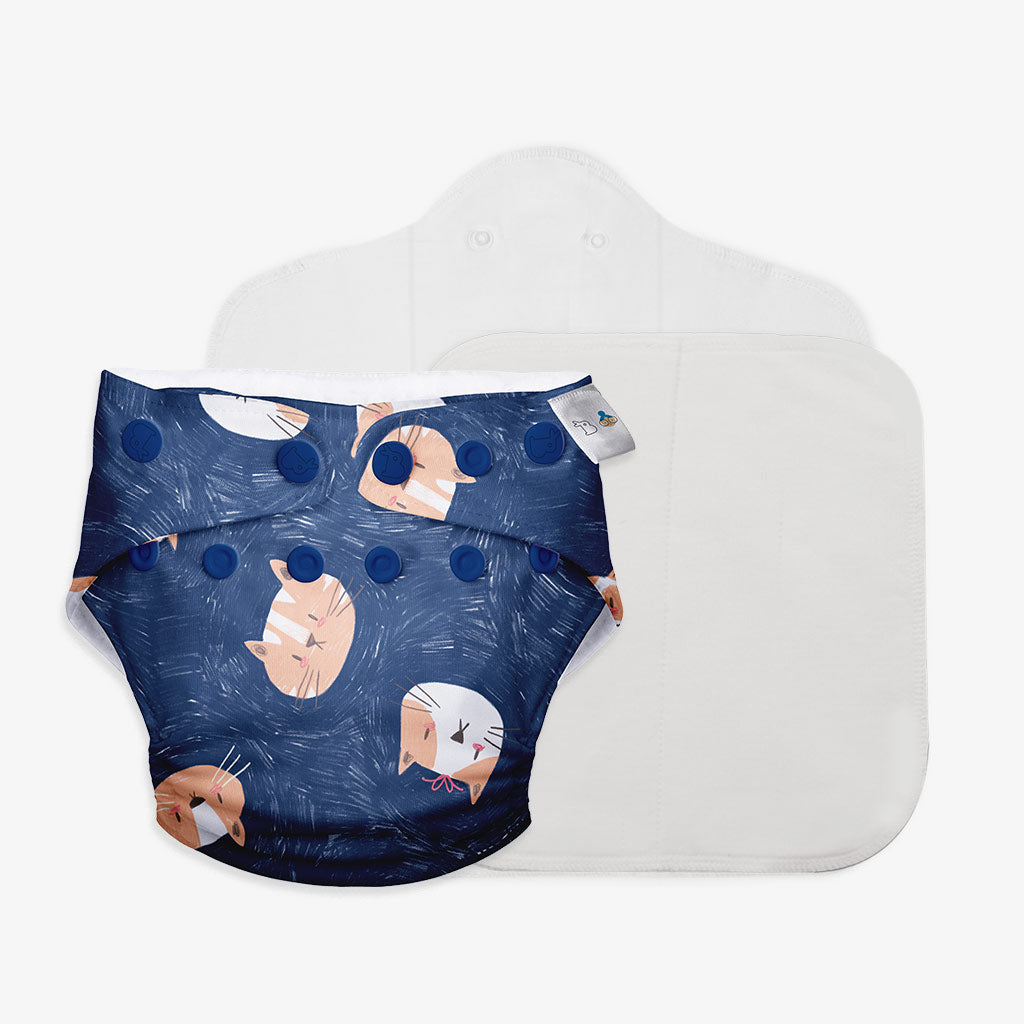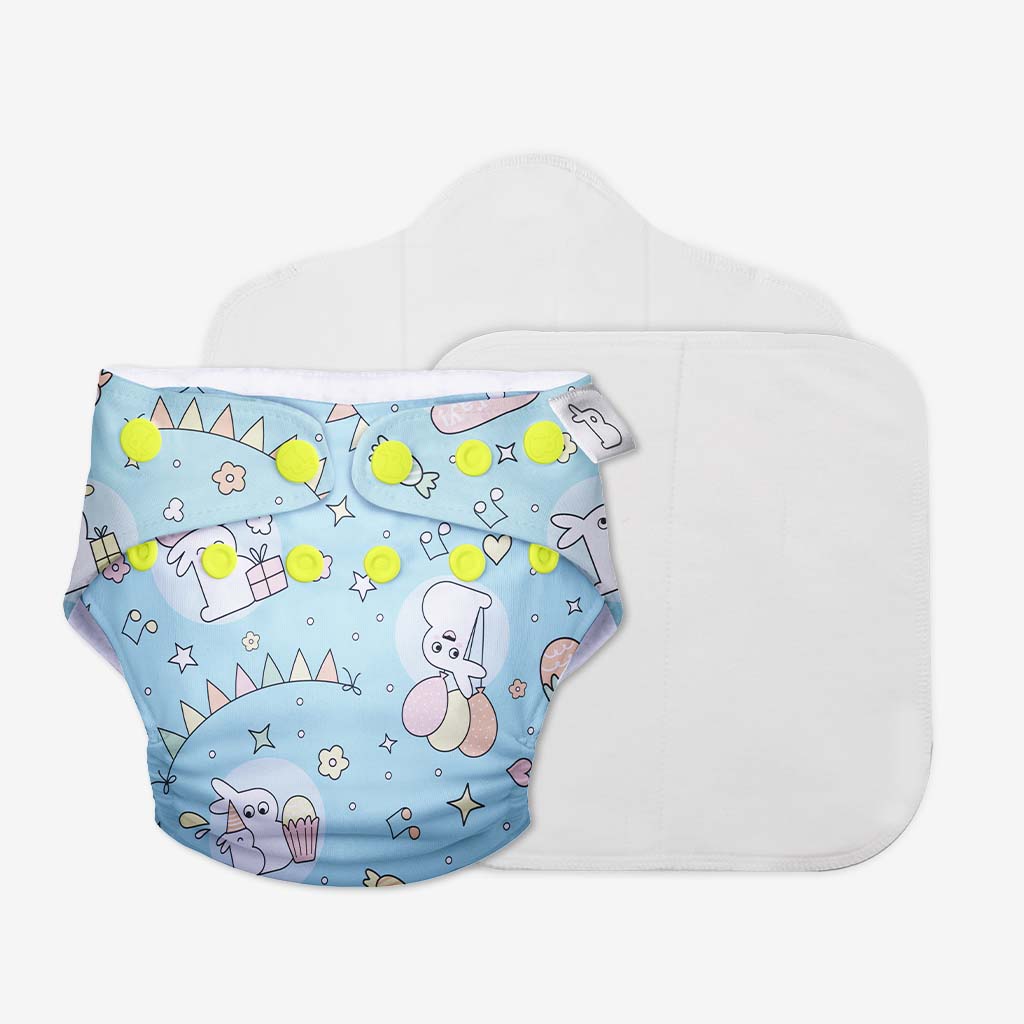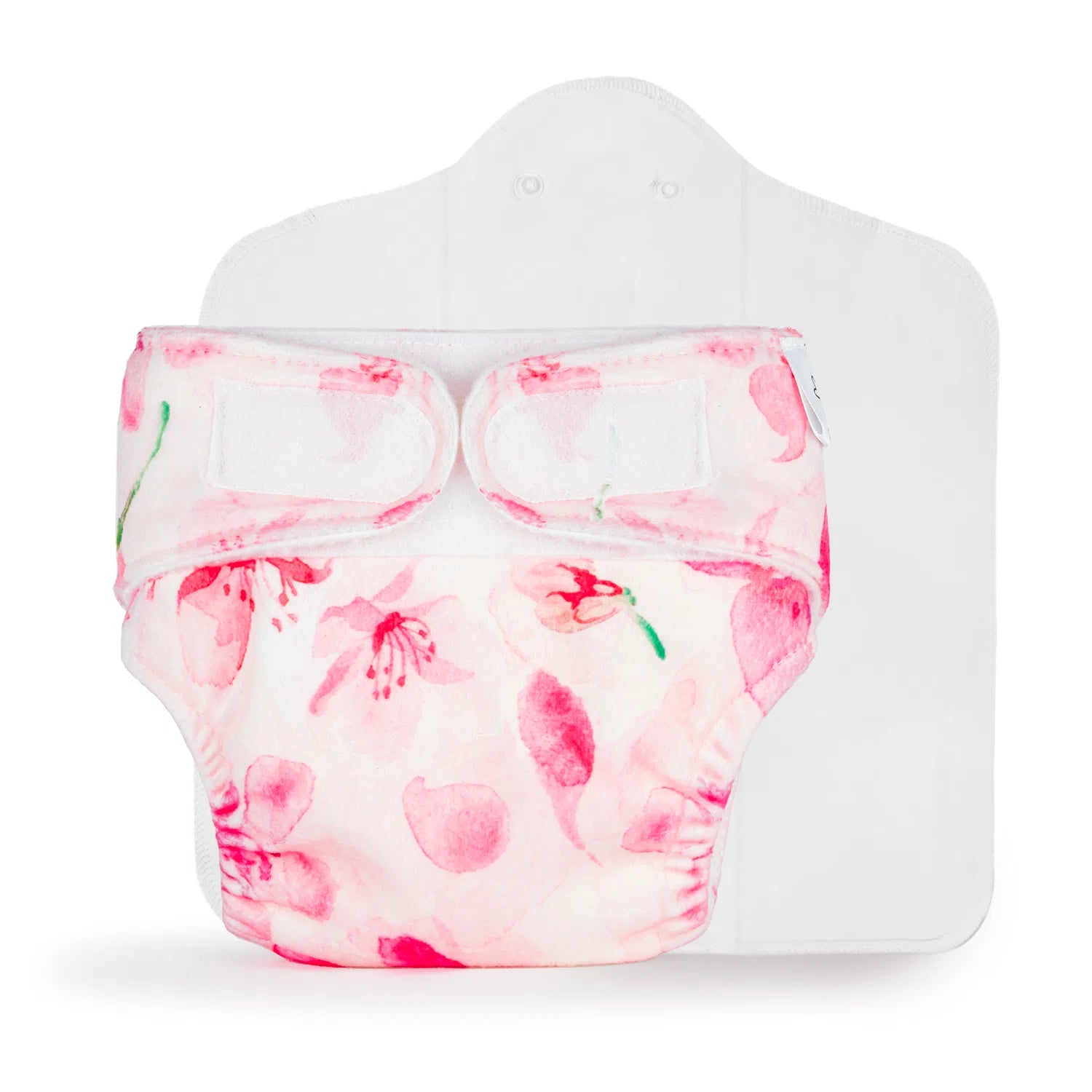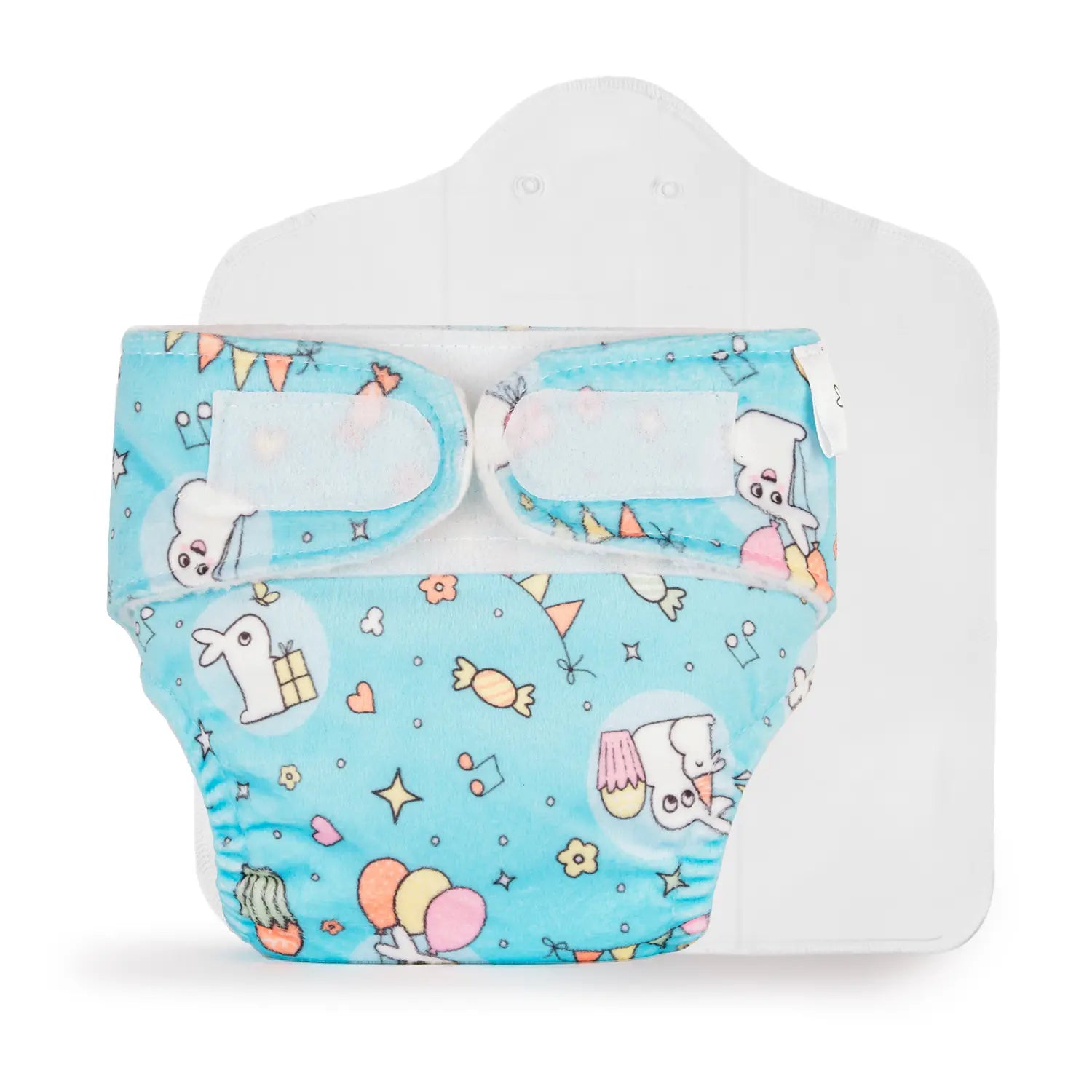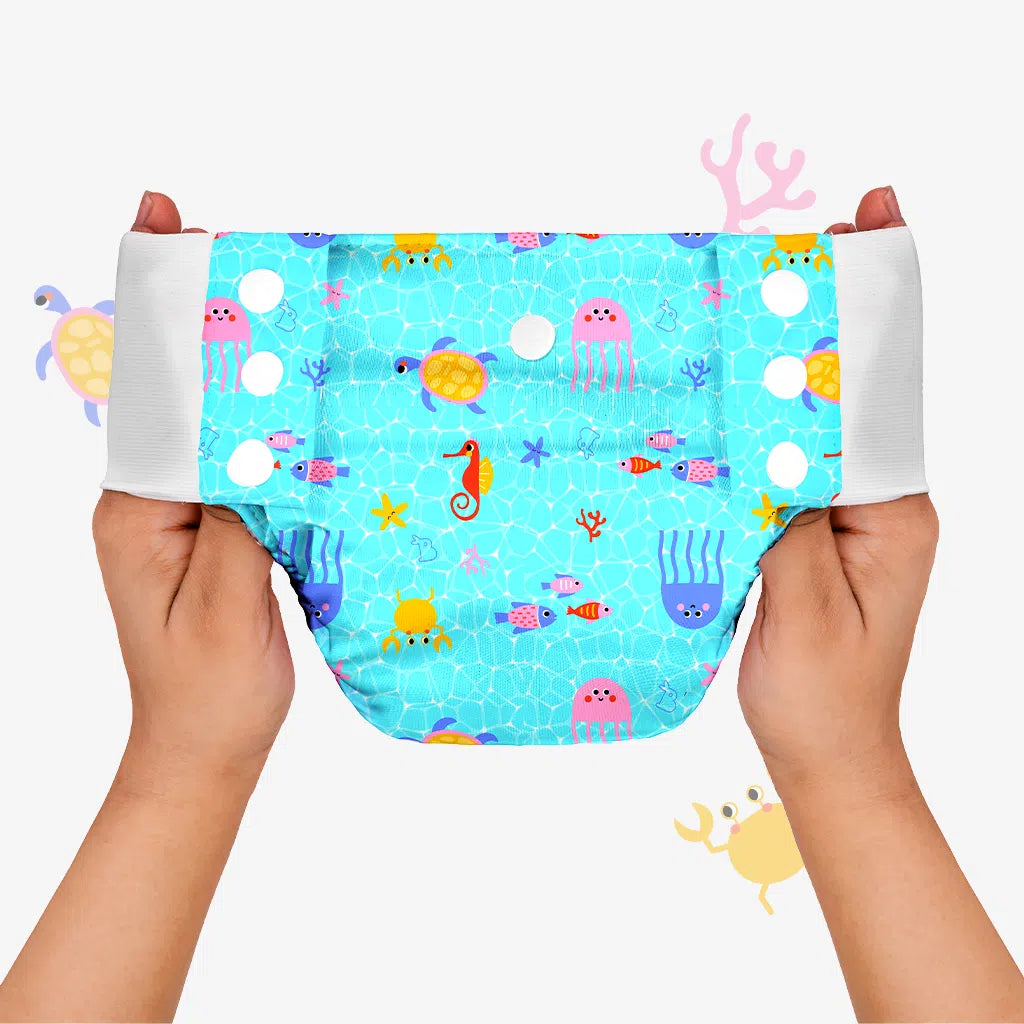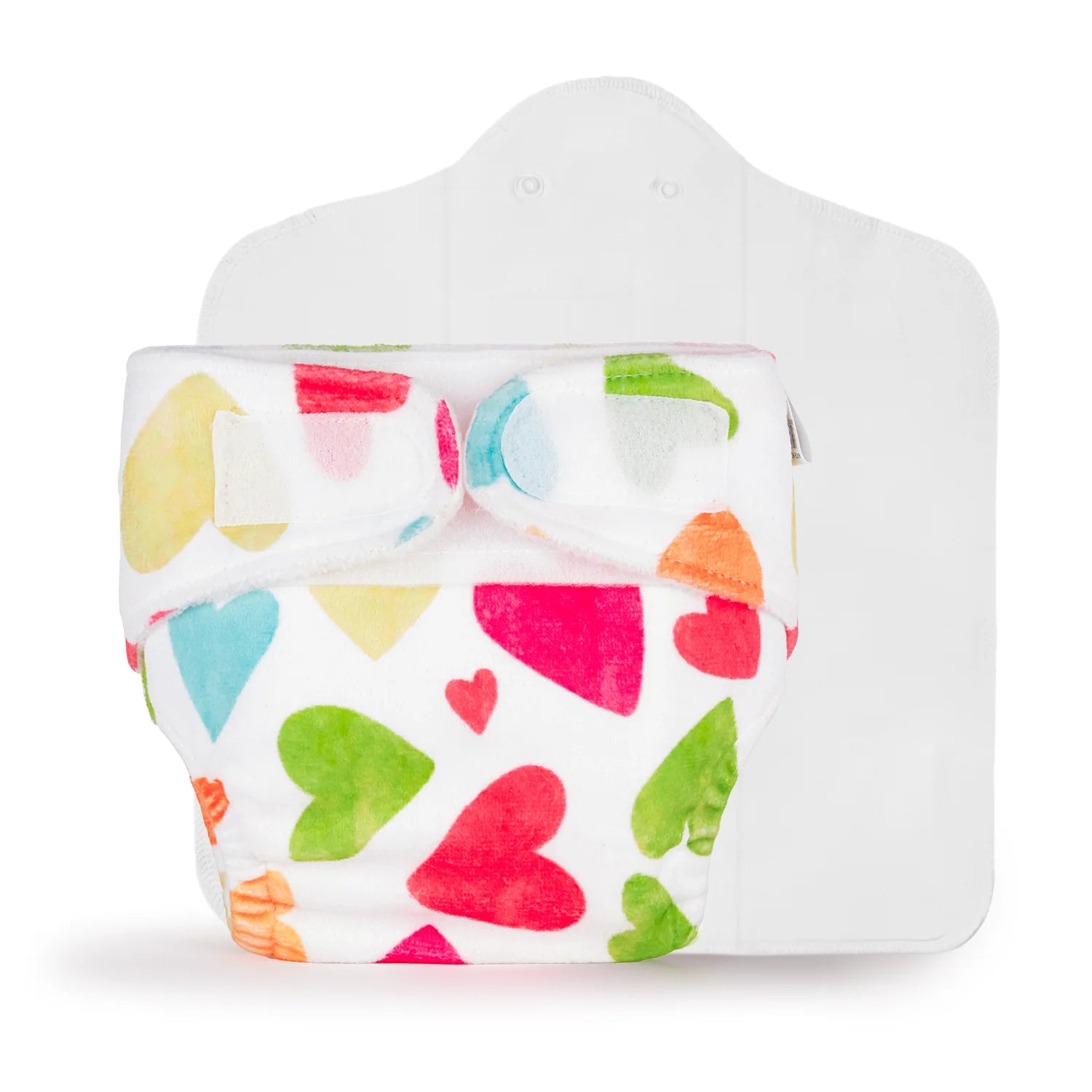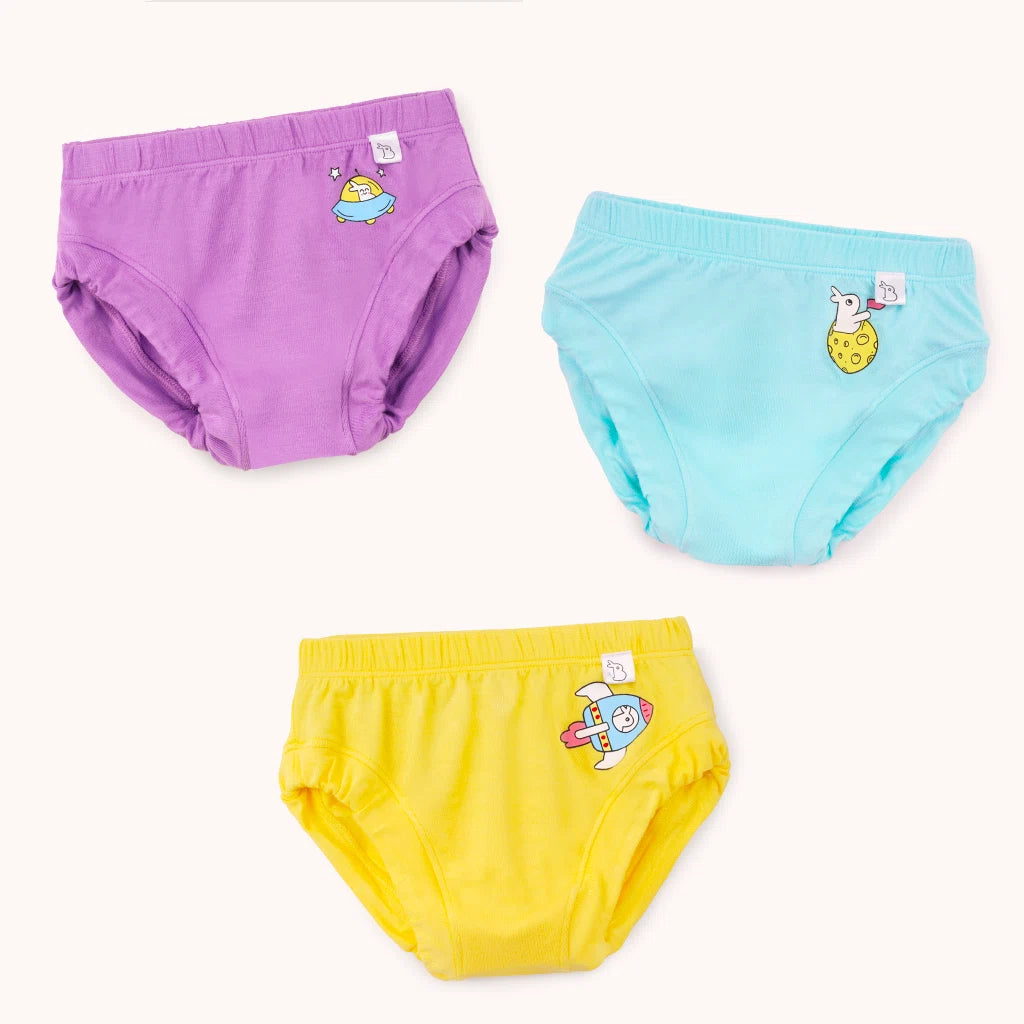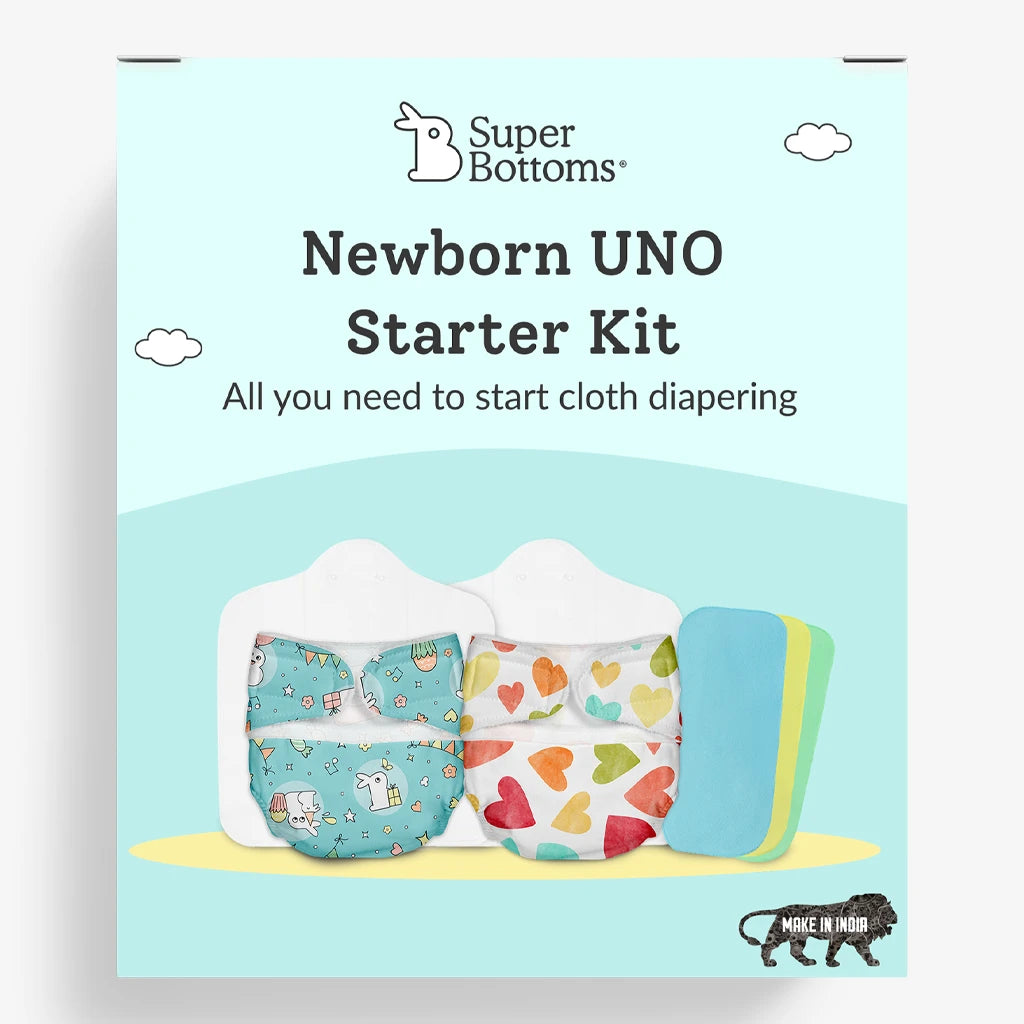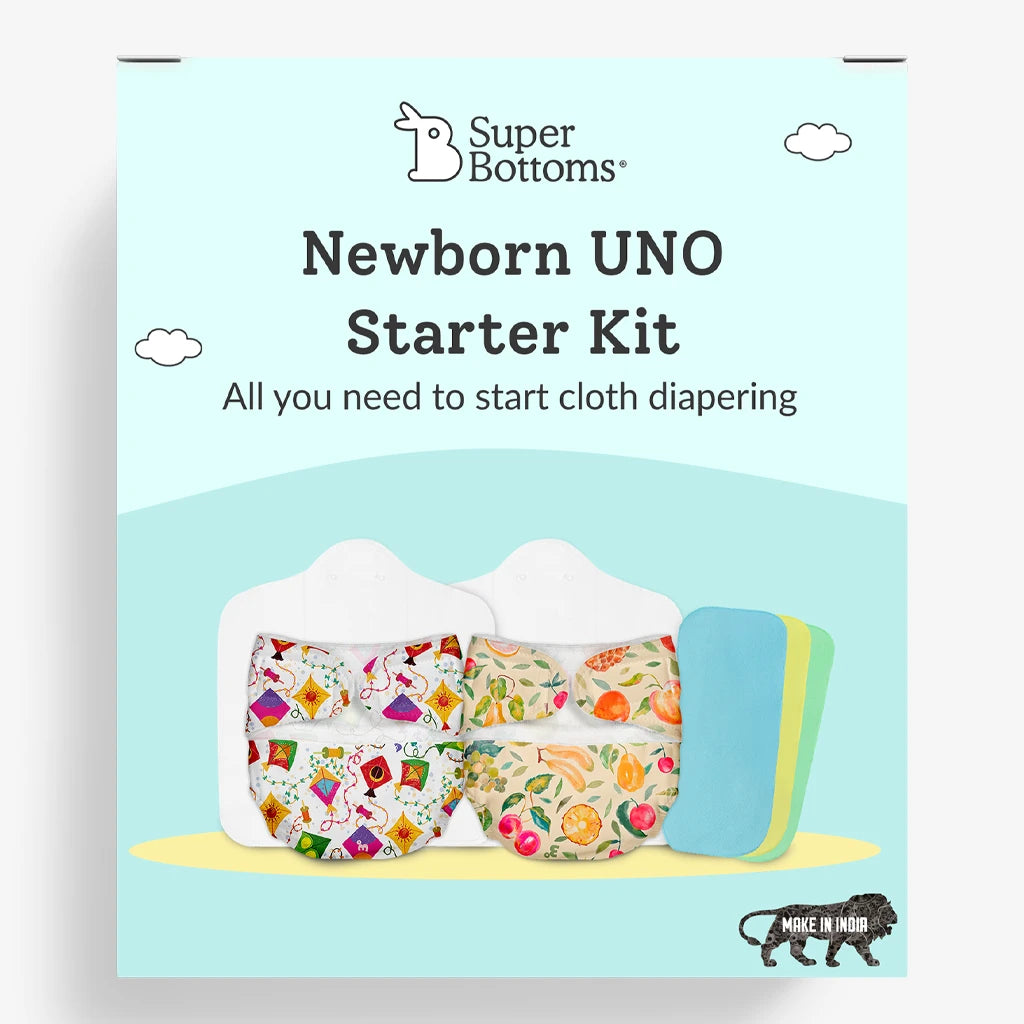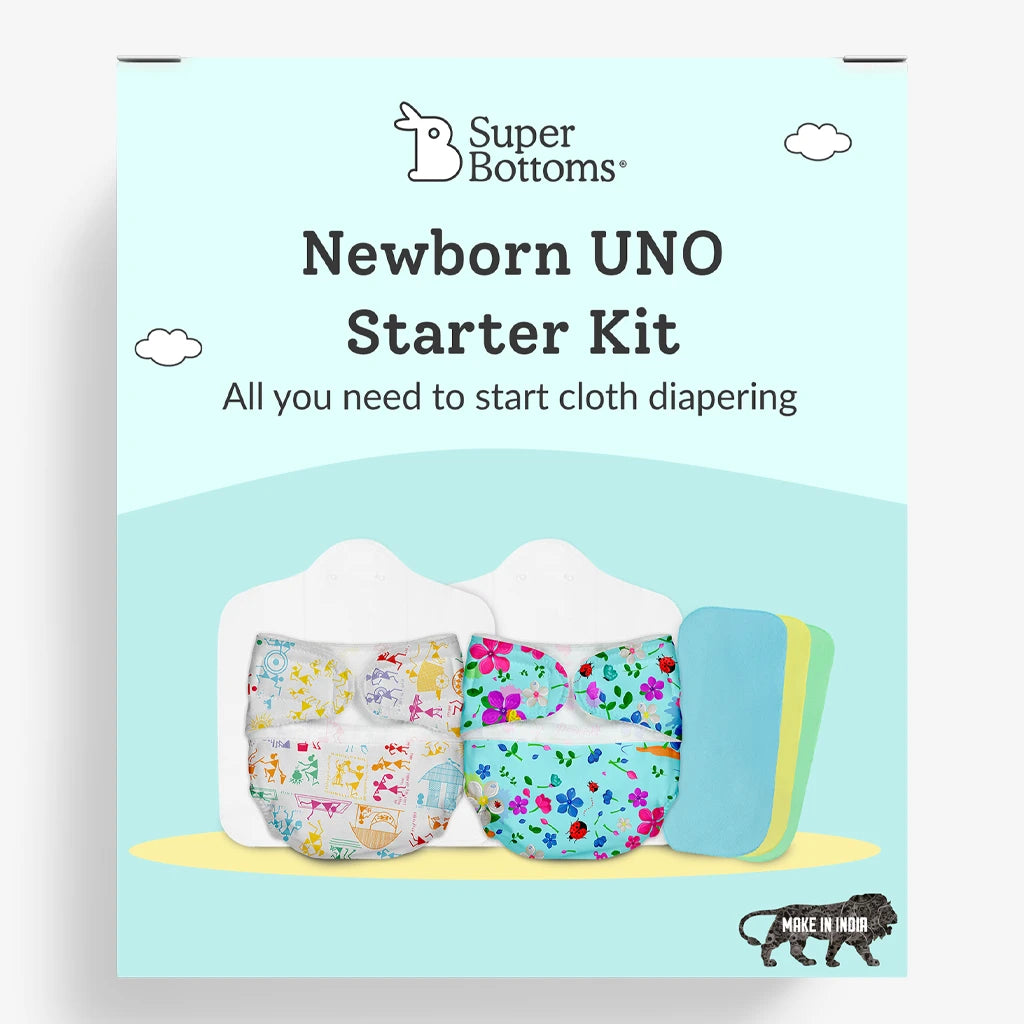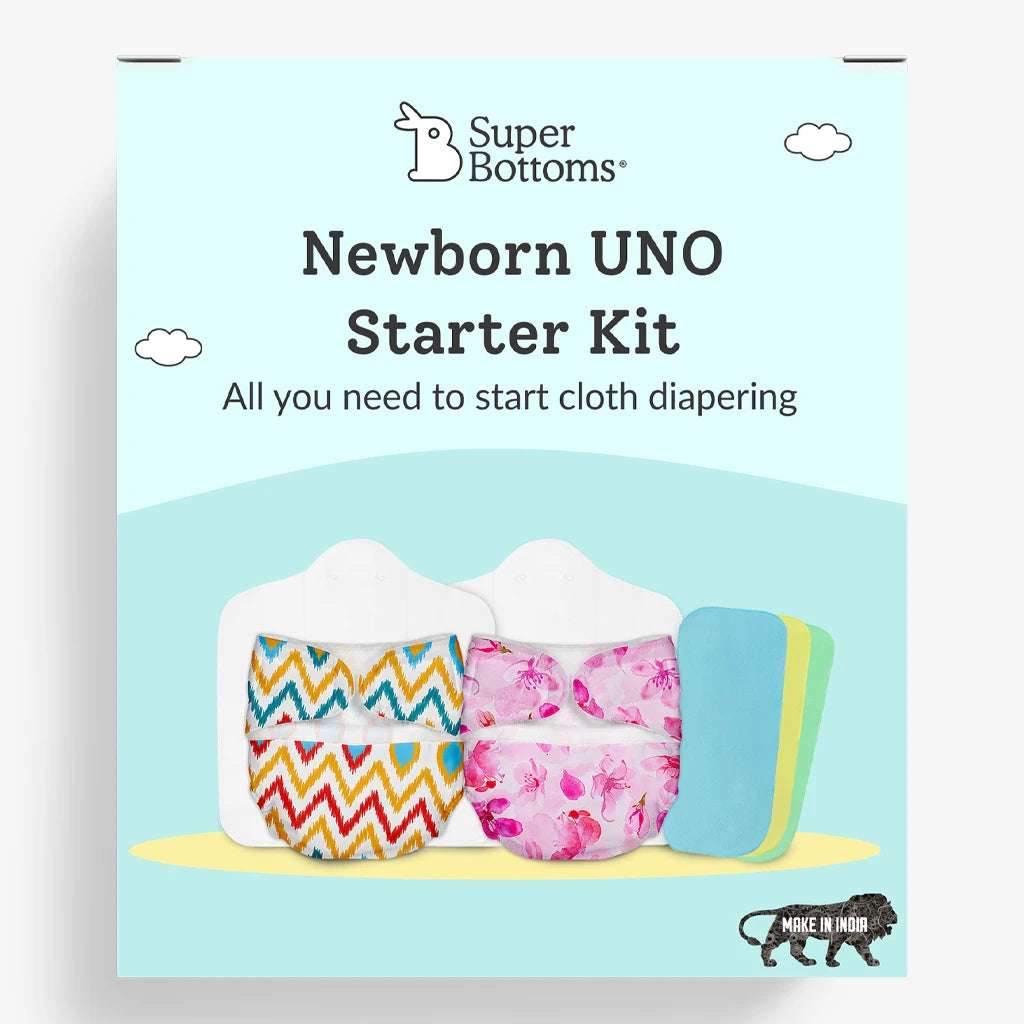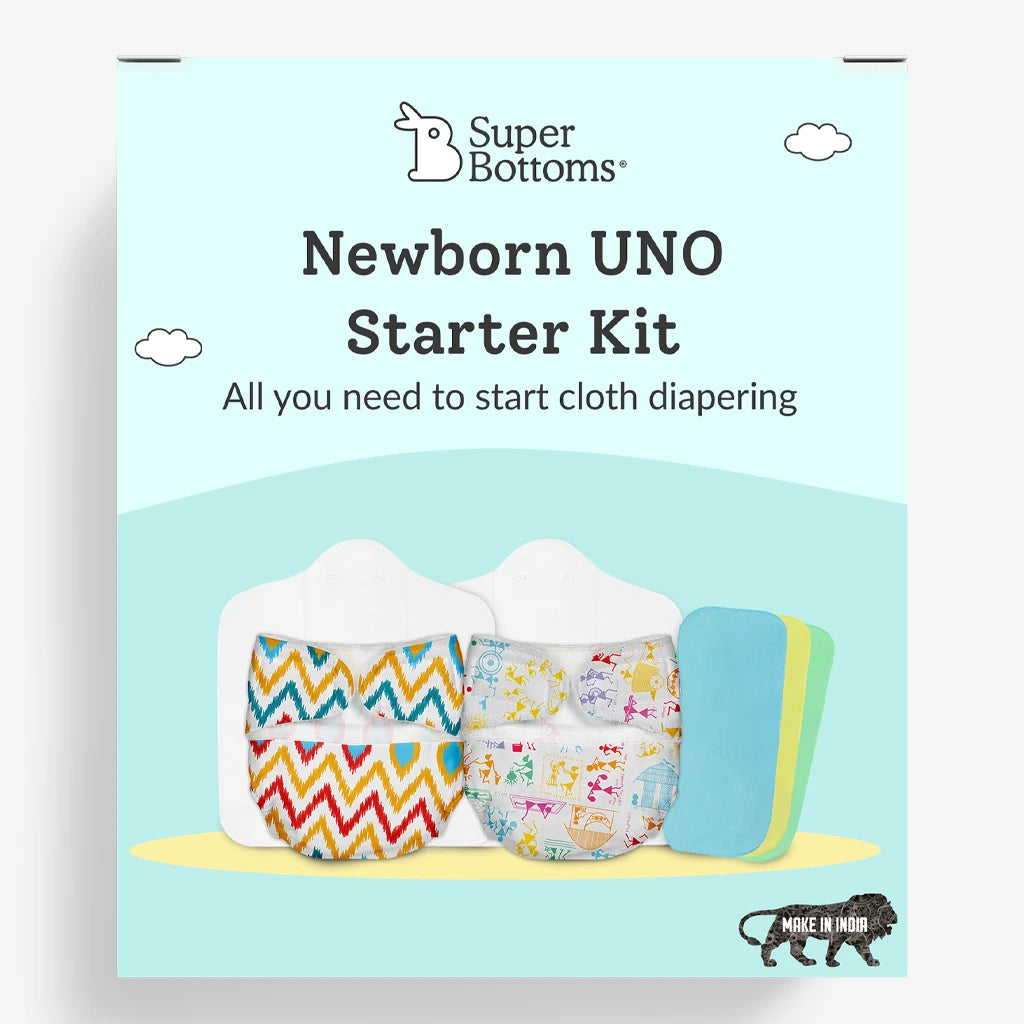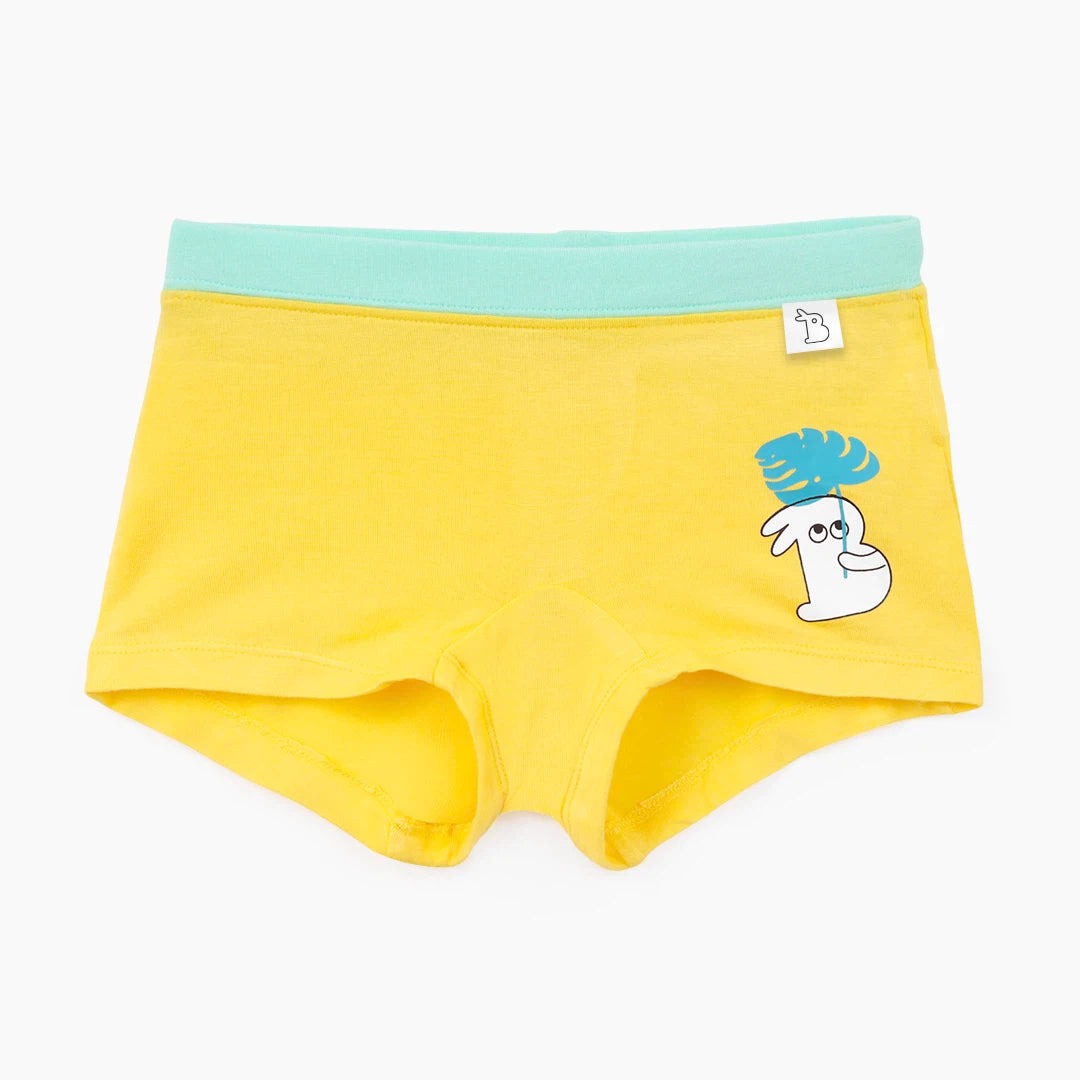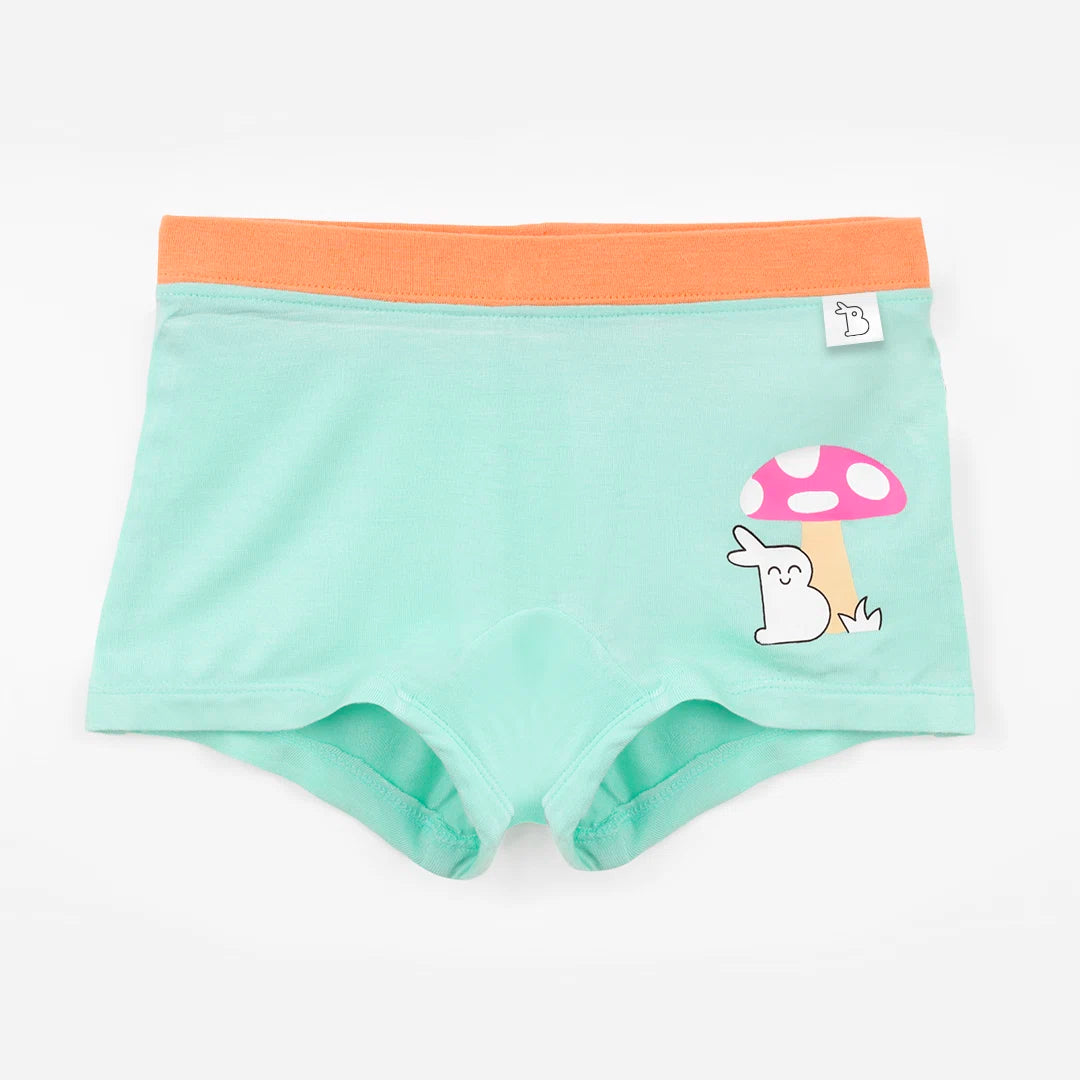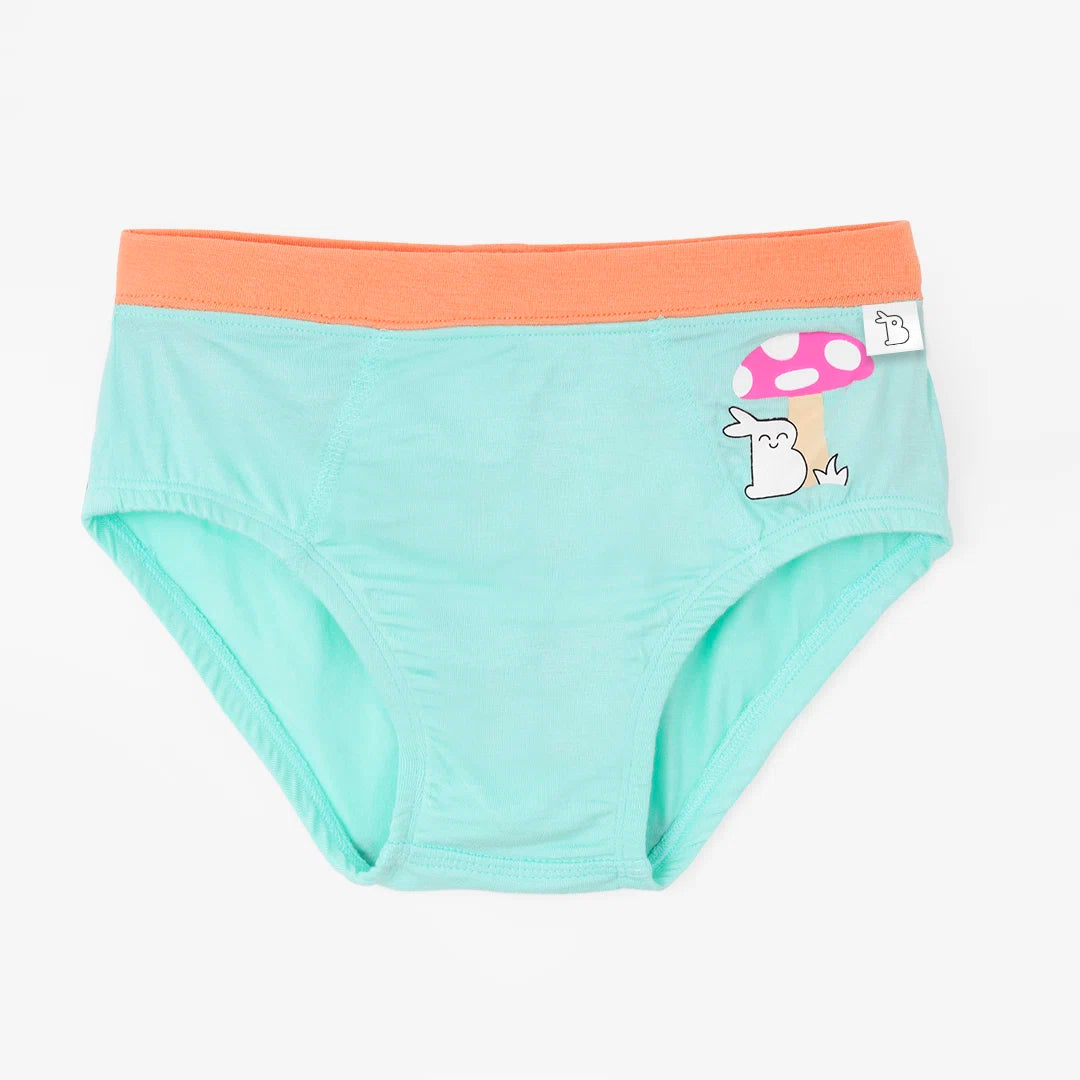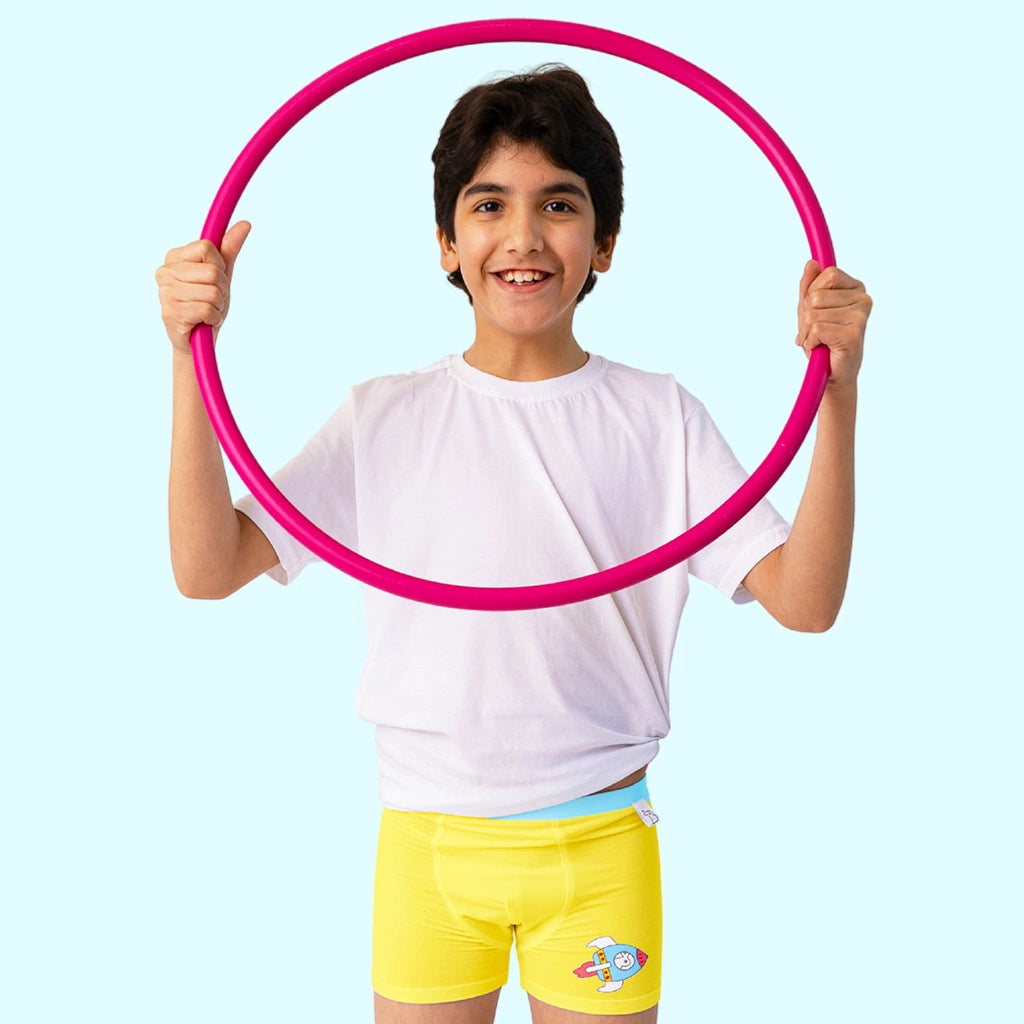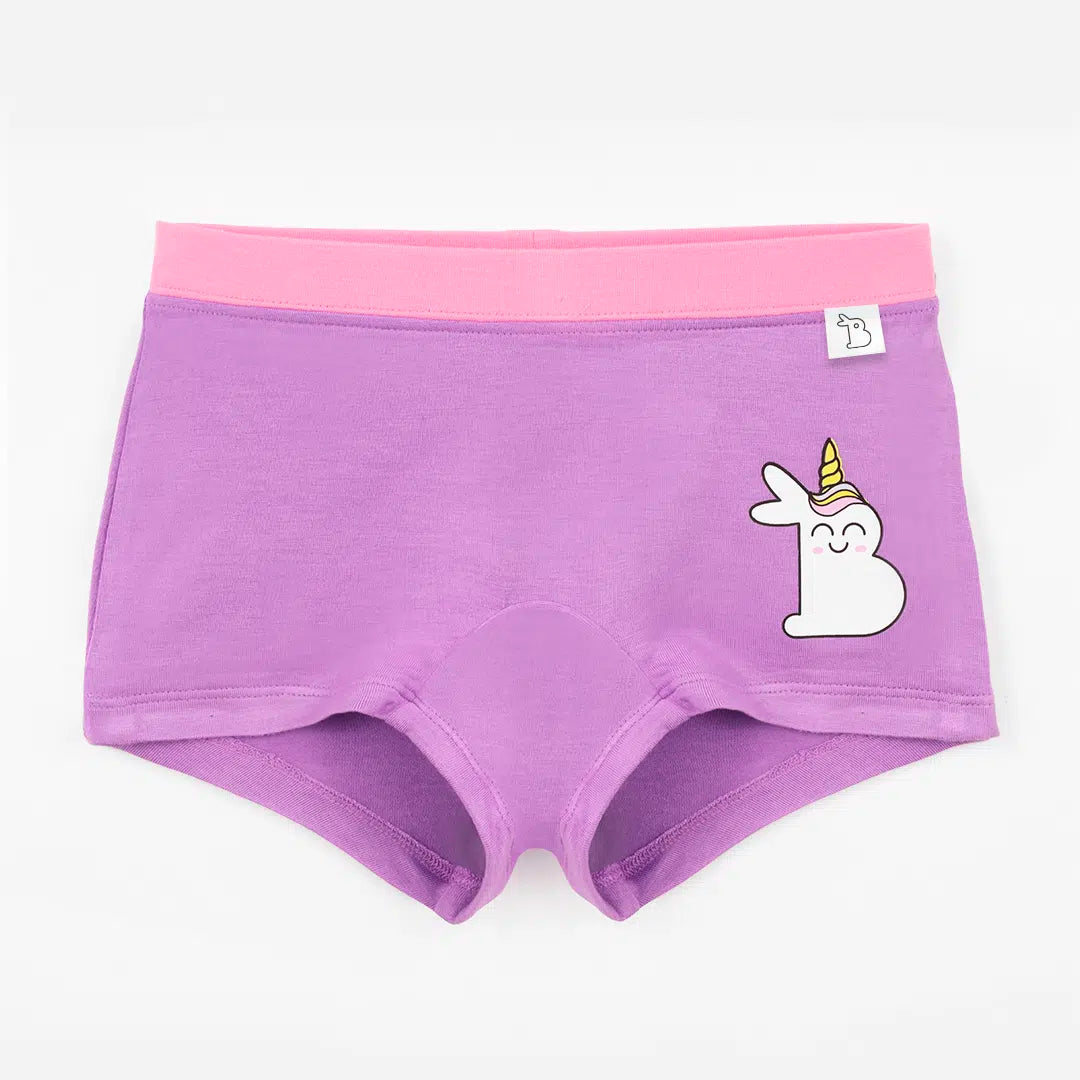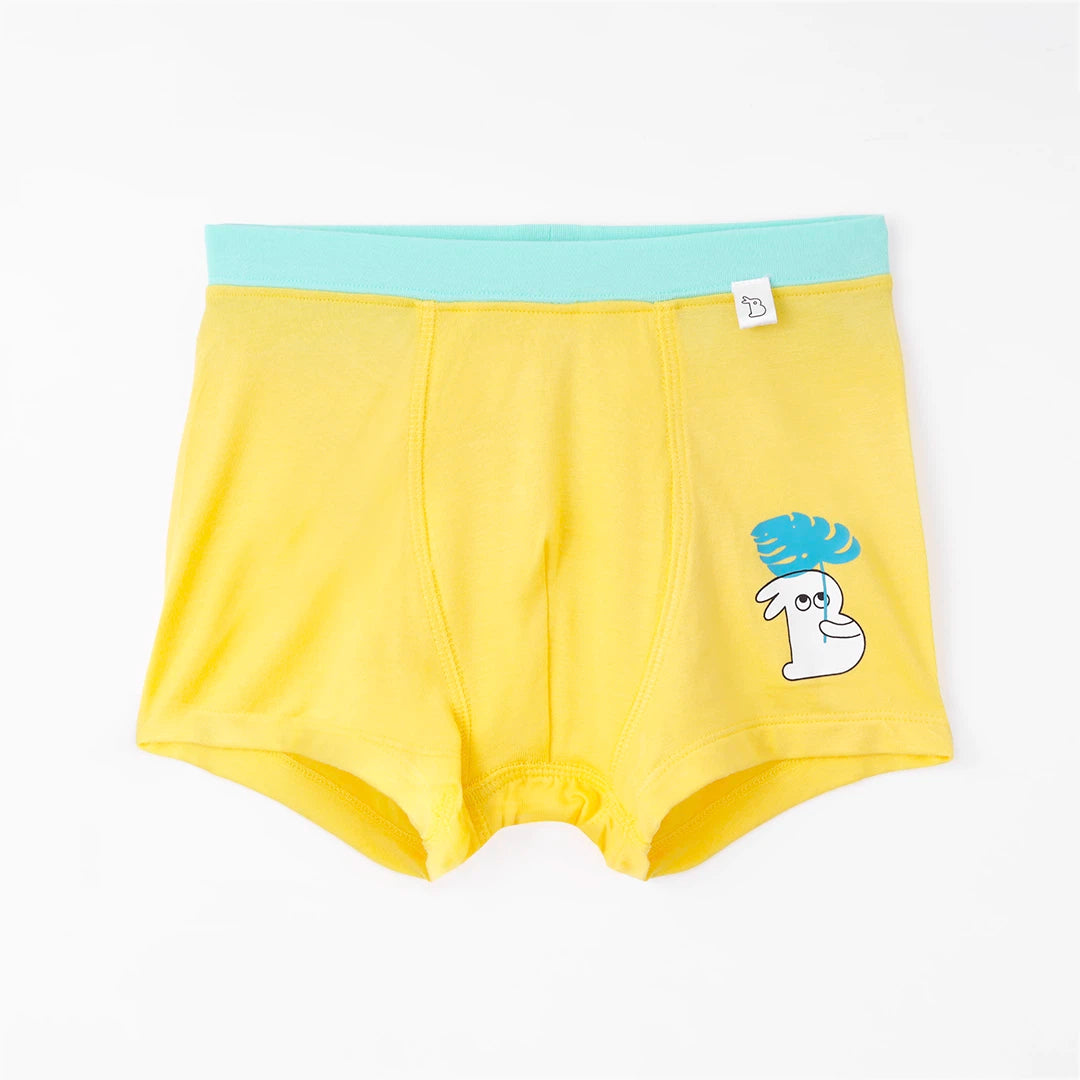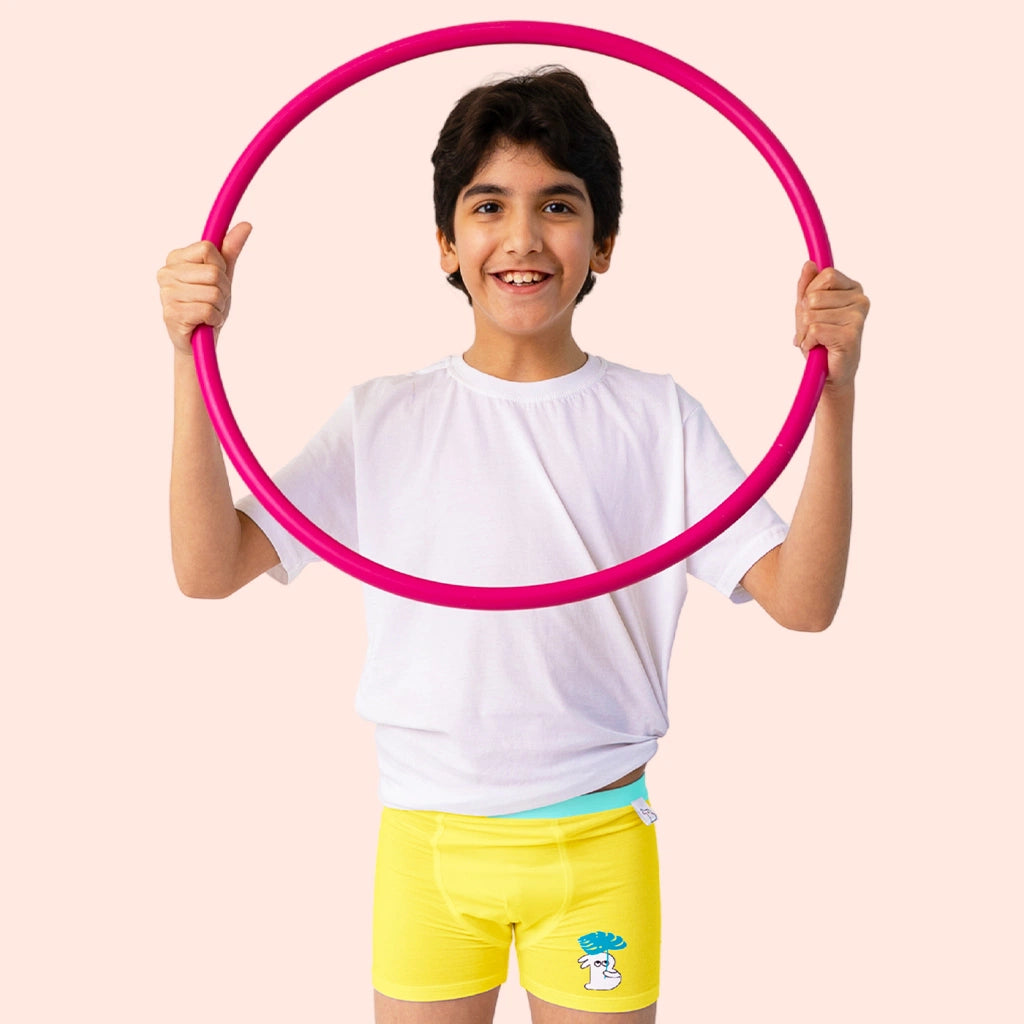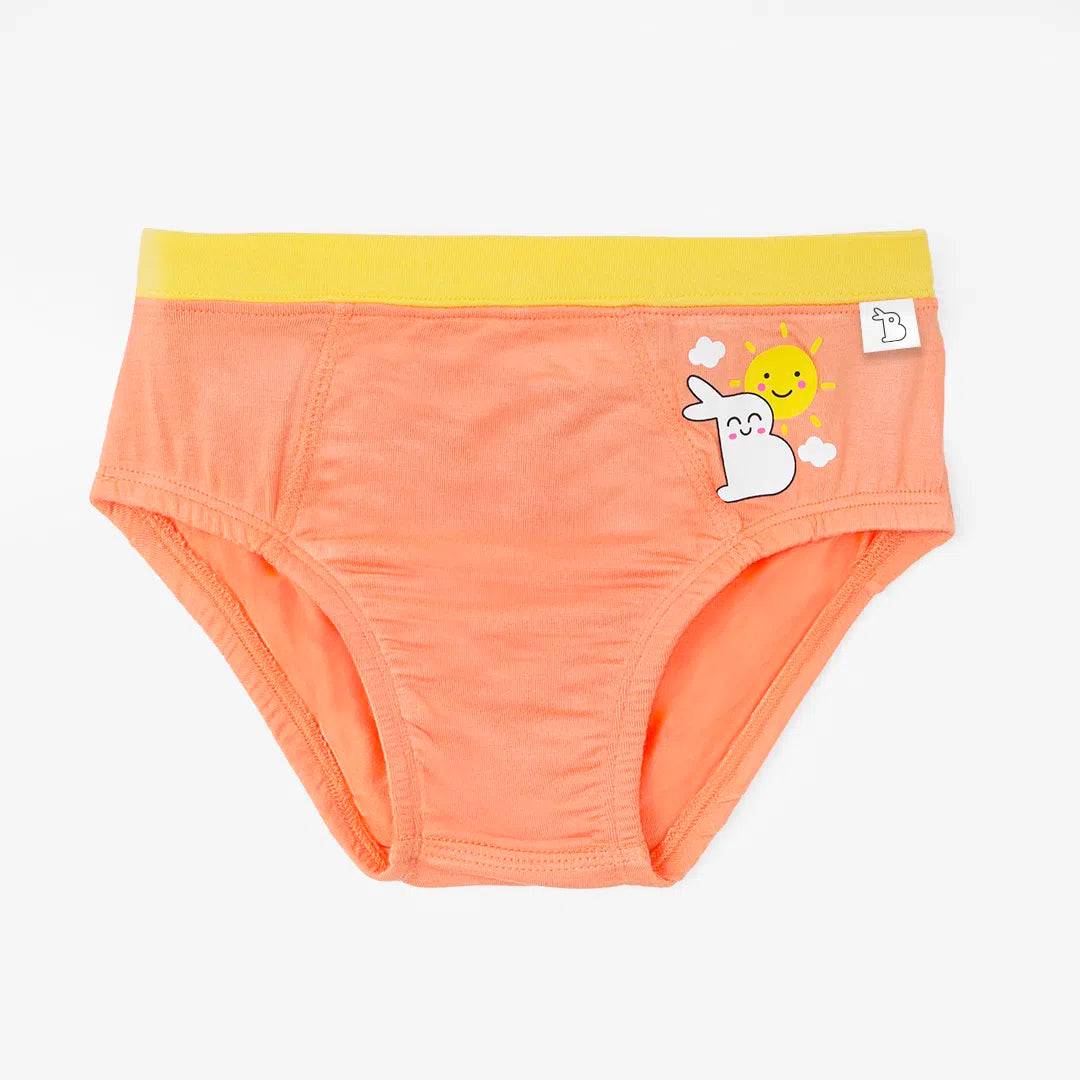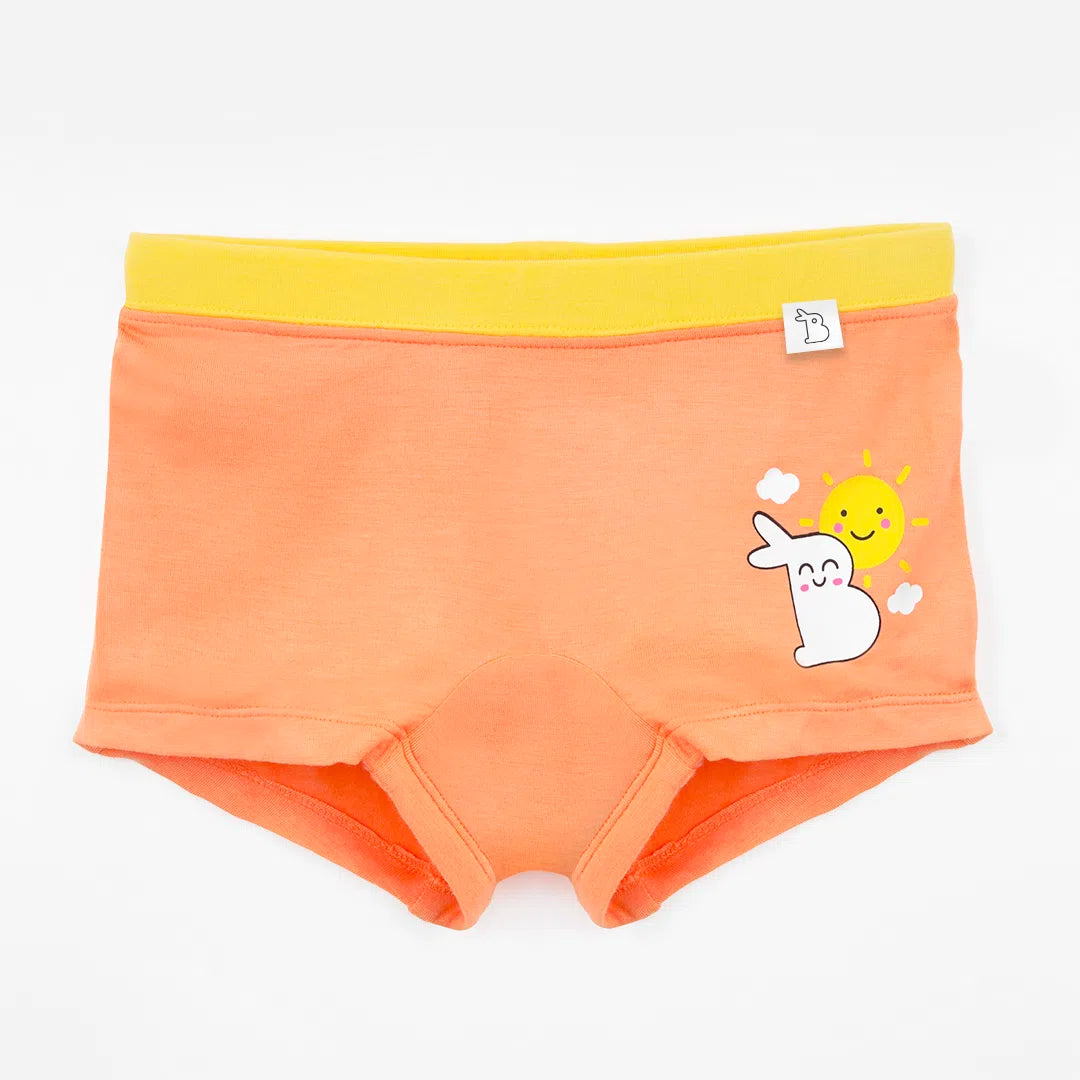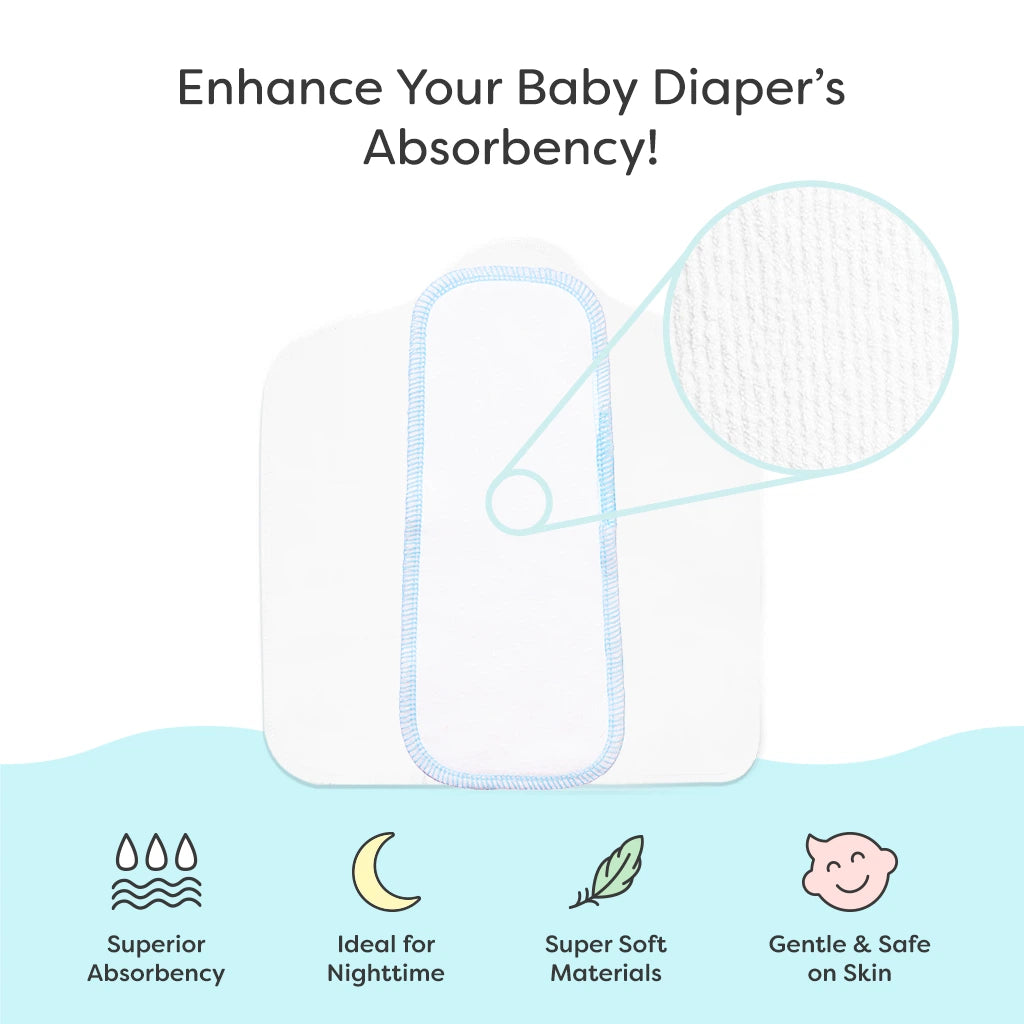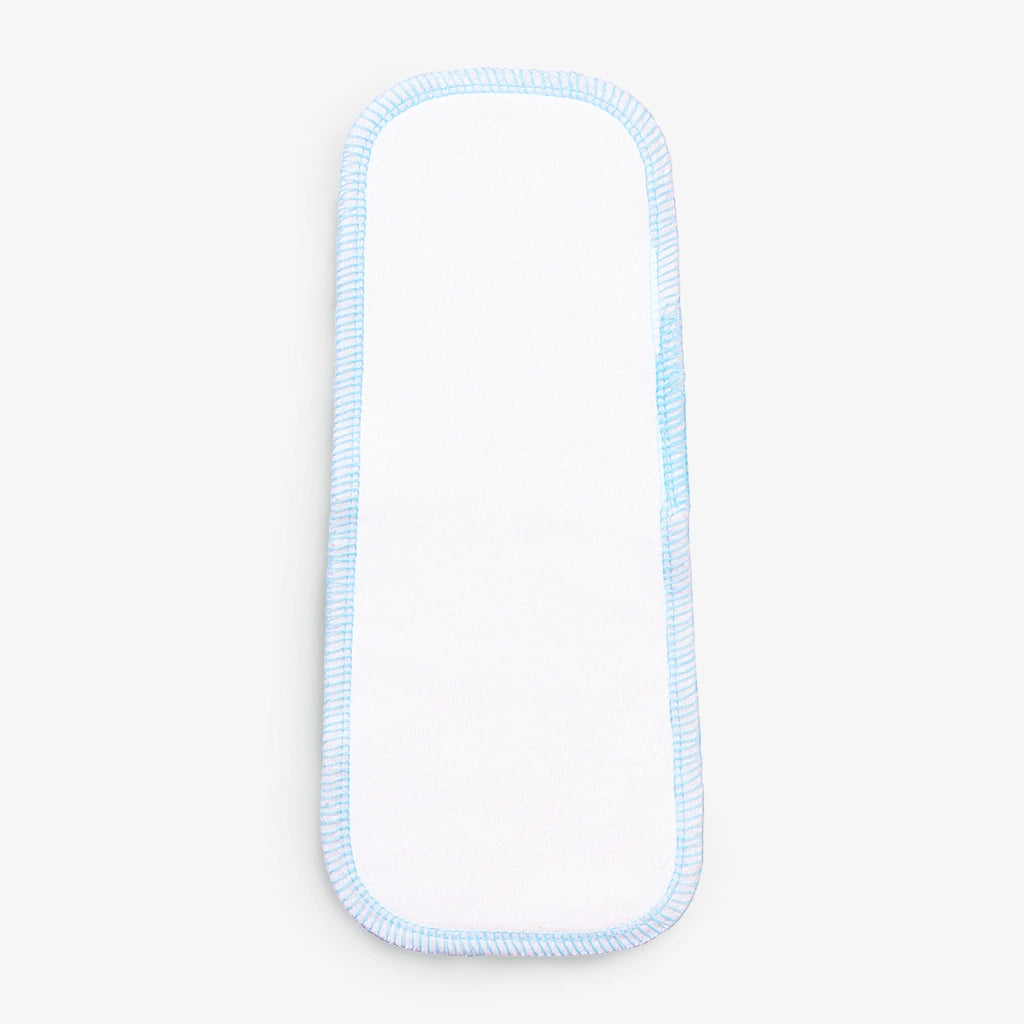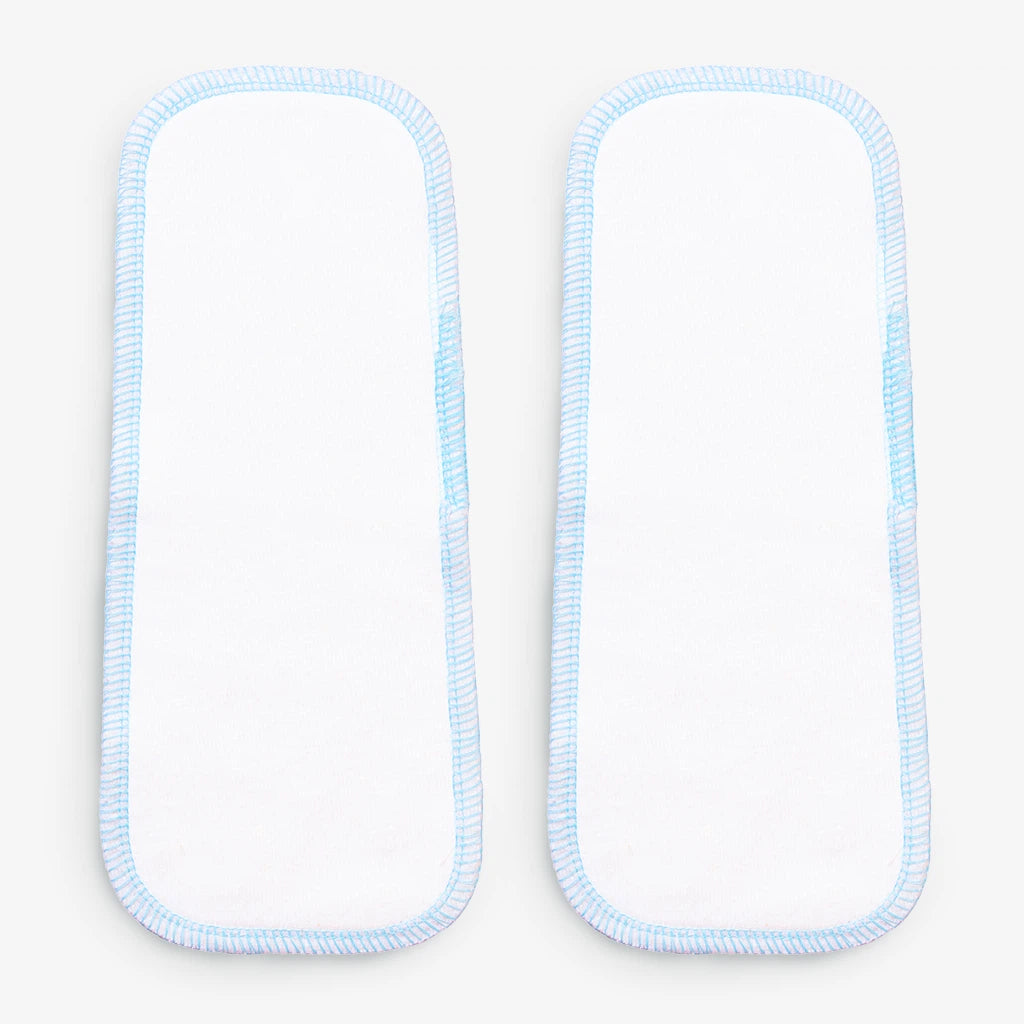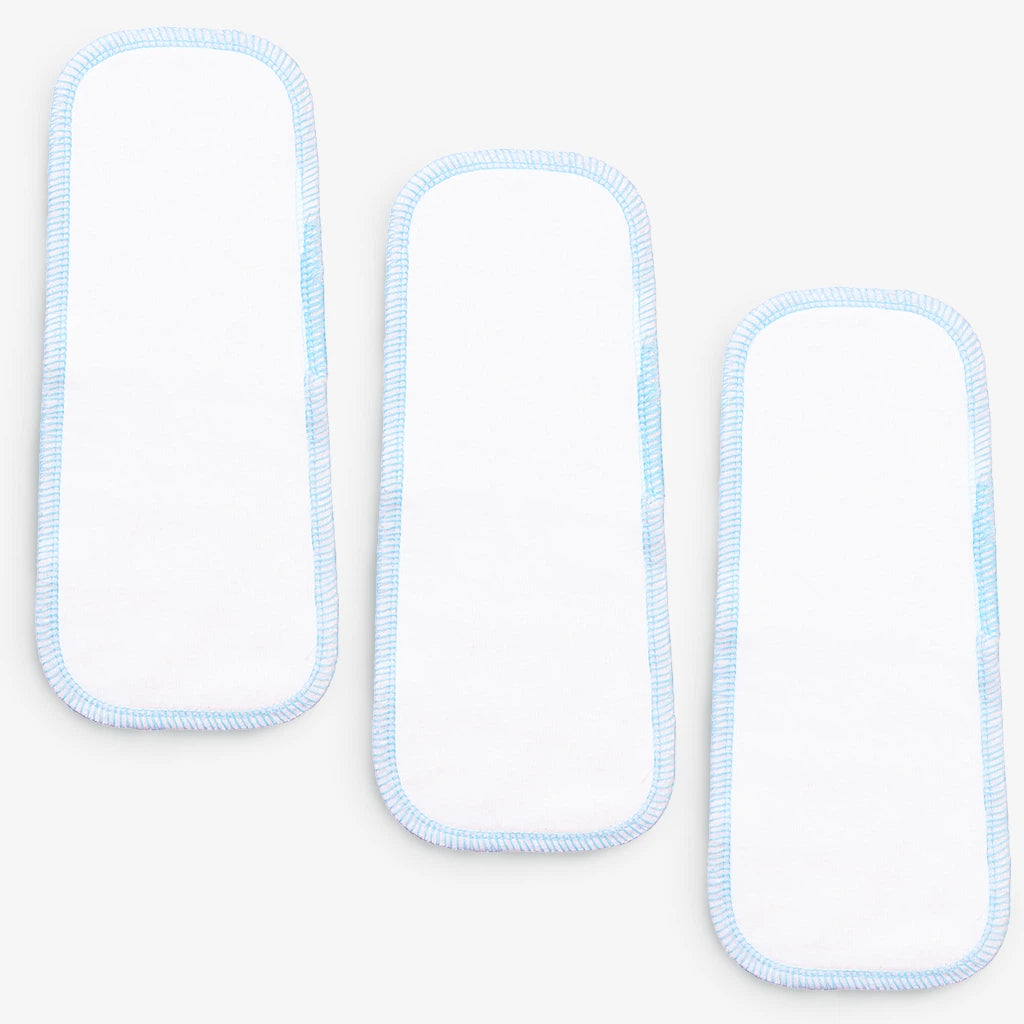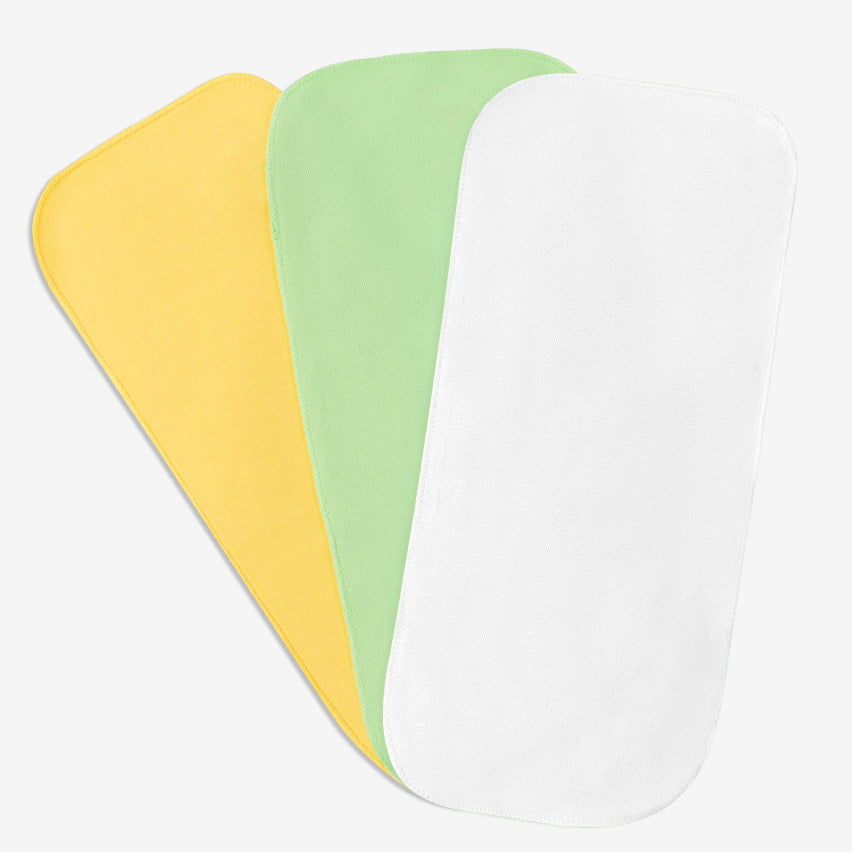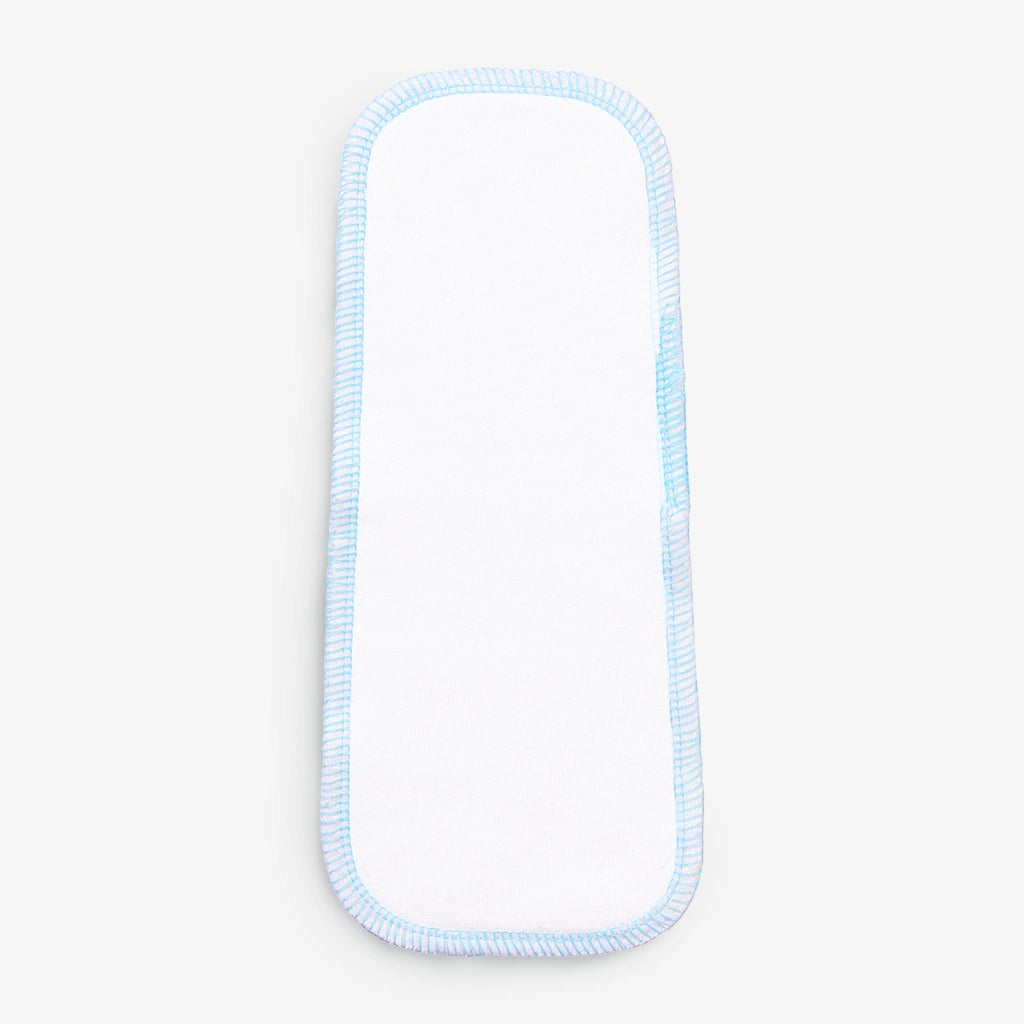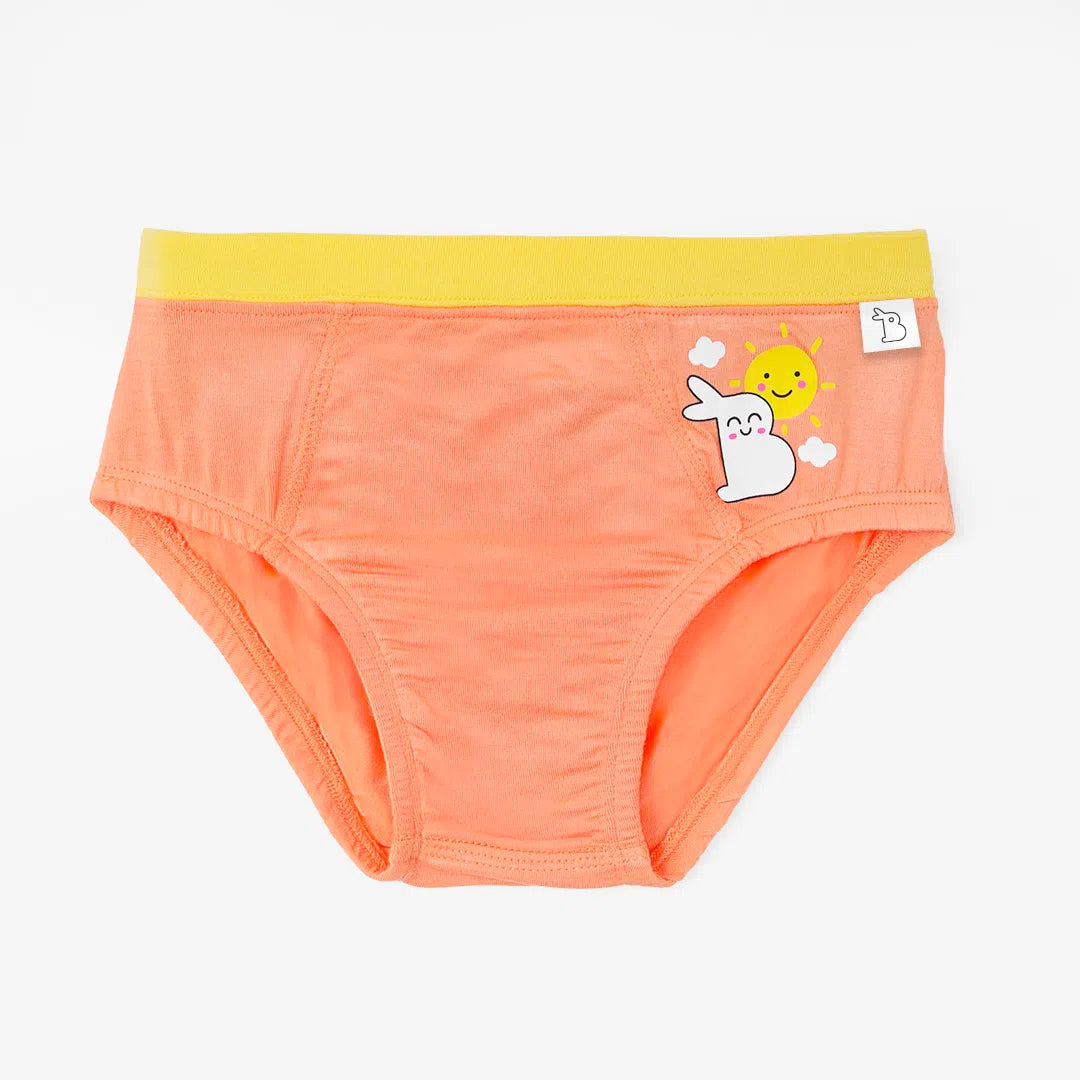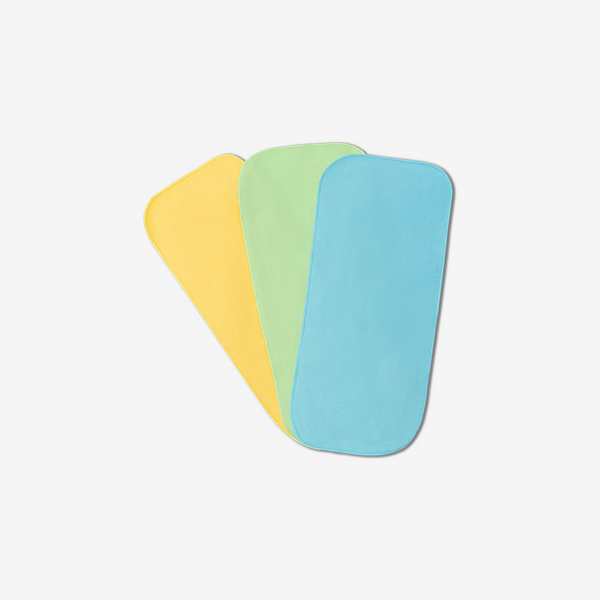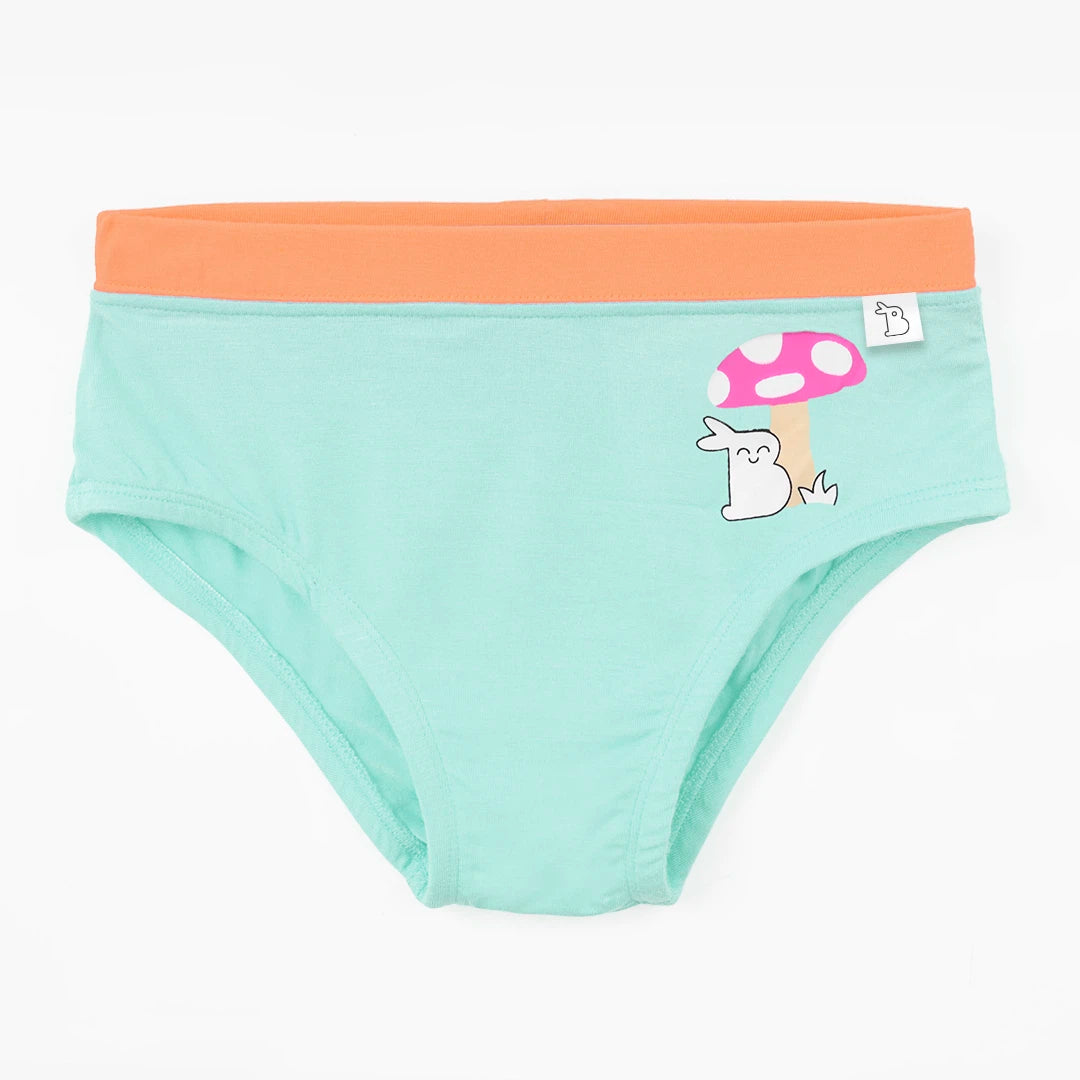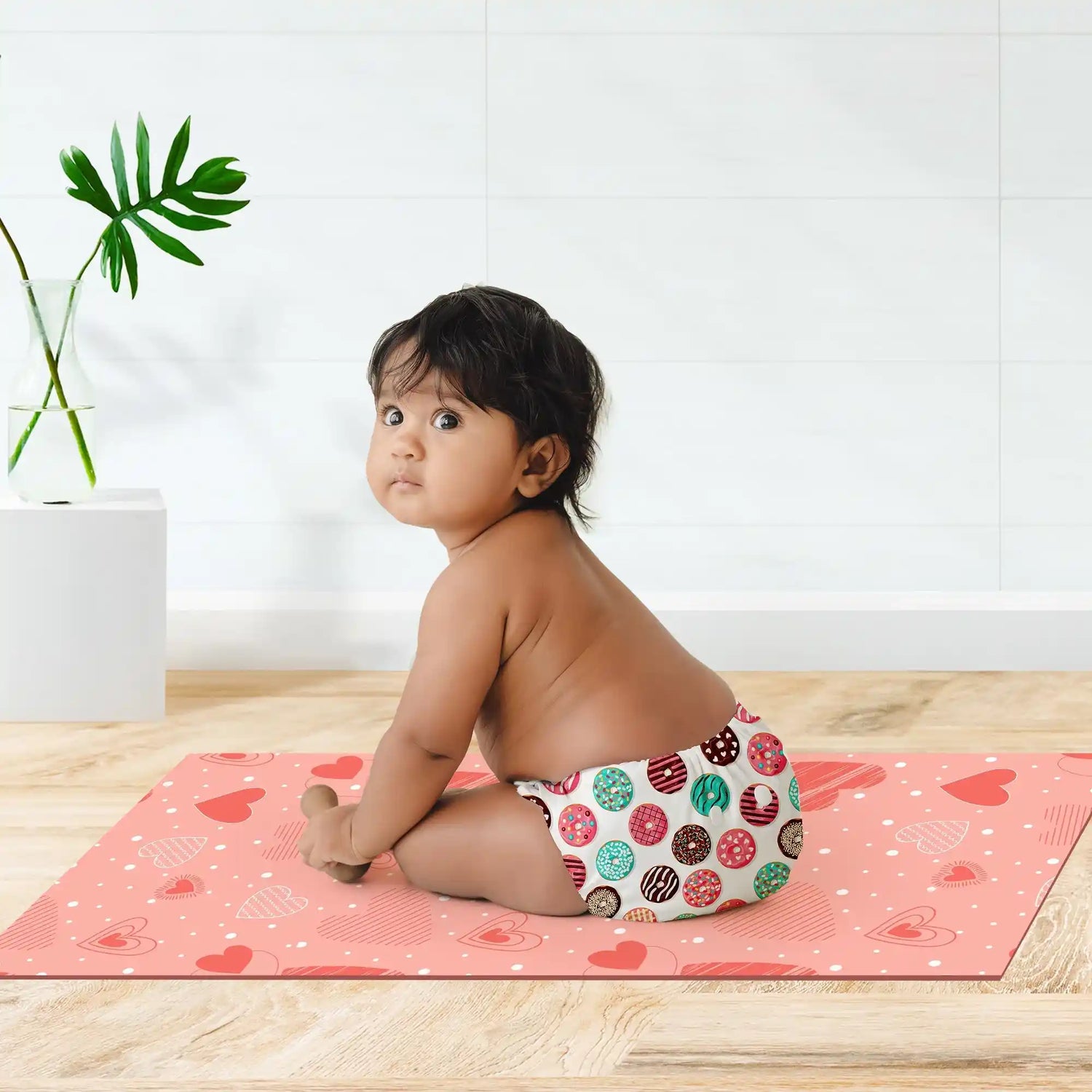Pregnancy is a beautiful and surreal experience for every parent. From the happiness of finding out you are pregnant to the feeling of your baby’s kicks to the nervousness of labor and delivery, pregnancy is a journey packed with emotions. Each trimester of pregnancy brings along a different set of symptoms for you and developmental milestones for your little one.
Of these developmental milestones, feeling your baby kicking in your womb holds a special place in every parent's life. However, as your baby grows in size, the space constraints in the uterus will limit their movement. But do not feel disappointed, as your baby will still make some movements to register their presence in your tummy.
Baby kicks ensure the healthy development of your child. Hence, it is essential to understand the factors closely associated with a baby kicking in womb during pregnancy. So if you wonder about my baby who kicks more on the left side, why? This article is here to answer all your concerns about baby kicks.
When Baby Starts Kicking - Interesting Facts?
Feeling your baby kicks during pregnancy is an exciting and happy feeling. However, there is more than your baby’s kick indicates, and here are some interesting facts -
1 ▪ The Baby is Not in Distress
The baby’s kick indicates that they are delicate and not in distress. Hence your baby’s kick is a great way to identify if they are doing well. Although the movements may build up over time, as your baby grows and fills most of your womb, these movements may become slower and less intense due to space constraints.
2 ▪ No Fixed Time for the Baby to Start Kicking
Most parents are concerned about when their baby will start kicking. However, each baby has its personality and activity levels, so every pregnancy is unique. Hence, providing a fixed timeline for when your baby is kicking in the womb is challenging. Some women feel their baby kicking early in their pregnancy, while others think it much later.
3 ▪ Tracking Baby Kicks During Pregnancy
Expecting mothers should track their baby’s movements and kicks to ensure all is well. However, you do not have to do it constantly. Instead, you can fix a particular time of the day, which you can dedicate to observing your baby’s movements and taking notes in your journal if required.
Although the activities may have variations as the pregnancy progresses, there would be a set pattern associated with it, which helps you determines when your baby is active and when they are sleeping or resting.
4 ▪ Baby Kicks During Pregnancy Can Get More Intense at Night
One of the many questions that cross every pregnant women’s mind is why babies kick more at night. The reason is that your baby tends to be more alert and active when resting, and there is not much chaos around.
5 ▪ Baby’s Kick Do Not Indicate Hyperactivity
As you near the end of the third trimester of pregnancy, you may be concerned if your unborn child is hyperactive and if that is a sign to worry. So if you are still feeling your baby kicking and moving, it just means it is doing fine, which is a good sign.
6 ▪ Mother’s Diet Affects Baby’s Kicks
A Baby’s movements are related to the food you consume. So your baby becomes more excited and active after every meal due to the sudden surge of energy from the food you consume. In addition, stimulants like caffeine can burst into energy. However, if your baby disrupts your sleep schedule, try standing up and walking around for a while, allowing you to sleep better.
7 ▪ Baby’s Kick May be Felt Sooner in Second Pregnancy
Second-time mothers often find it easier to identify their baby’s movements than first-timers. This is because your body adjusts to the consecutive pregnancy better, and it is, therefore, likely for you to feel your baby’s movements earlier than during your first pregnancy.
8 ▪ Baby’s Kick Increase While Lying on the Side
If you have been wondering about my baby kicks more on the left side, why? It is probably because you are lying on your left side more often. This is because the blood supply to your baby increases while lying on either side, thereby improving their movements.
What to do If You Feel Reduced Baby Kicks?
Feeling your baby move and kick is a special feeling for every parent. Kicks and movement are one of your baby's communications with you. Keeping track of your baby’s activities is an ideal way to ensure your baby is doing well. If you feel your baby’s movements have reduced, you can check it with your healthcare provider to help you be stress-free.
In Conclusions:
In conclusion, baby kicks during pregnancy are a surprising and fascinating aspect of the journey to parenthood. Feeling those tiny movements in the womb is an exciting and bonding experience for expectant parents. Baby kicking is typically supposed to occur between 18 and 25 weeks of pregnancy, although it can vary for each woman.
It's an indicator of the baby's growth and development, and it's a reassuring sign of their well-being. As the pregnancy progresses, the kicks become more pronounced and can even be seen outside. It's interesting to note that babies have movement patterns, with some being more active during certain times of the day.
Keeping track of baby kicks can provide a sense of reassurance and help detect any potential issues. Overall, baby kicks are a great reminder of the life growing within and a beautiful connection between parents and their unborn children. Cherish and celebrate these special moments as you embark on the incredible journey of parenthood with SuperBottoms by your side.
|
Limited Offers Ending Sooner - BUY NOW Now or never offers live on the SuperBottoms website. Take advantage of the never-before Good Value for Money on our offer page! Stock up on the bestselling UNO diapers, accessories and other popular SuperBottoms baby and mom products now available in deals and discounts. HURRY, the Deals are Live till stocks last! |
Frequently Asked Questions (FAQs):
Q1. When do babies start kicking in the womb?
Ans. Baby kicking in the womb typically between 18 and 25 weeks of pregnancy. However, some women may start feeling these movements earlier or later.
Q2. What does it feel like when the baby starts kicking?
Ans. When a baby kicks in the womb and starts, it may feel like gentle flutters, butterflies, or bubbles in the belly. As the pregnancy progresses, the kicks become more pronounced and can think like taps, nudges, or even rolling movements.
Q3. In which month of pregnancy do babies start kicking?
Ans. Babies generally start kicking in the second trimester of pregnancy, between the fourth and sixth months. This is an exciting milestone for expectant parents.
Q4. Can I see the baby kicking from the outside?
Ans. Yes, as the pregnancy progresses, especially in the later stages, it is possible to see the baby kicking from the outside. Partners and family members may also be able to feel these kicks by placing their hands on the mother's belly.
Q5. Are there specific times of the day when the baby kicks more?
Ans. Babies have their patterns of movement, and they can vary. Some babies may be more active during the evening or nighttime, while others may have more active periods during the day. Paying attention to your baby's movement patterns can help you understand their routine.
Message From SuperBottoms
Hi there, new parents! No matter where you are around the world or in India, SuperBottoms ensures your kids are using the best and safest products. SuperBottoms offers the best cloth diapers, which are completely safe and gentle for your baby, DryFeel langots for diaper-free time, padded underwear for potty training your kids, and period underwear for women. These products suit your baby's delicate skin at any time of year. SuperBottoms is a must-have product for you and your child whether you live in Canada, Kuwait, the United States, Qatar, Hawaii, Bahrain, Armenia, the United Arab Emirates, or the Philippines. SuperBottoms products are also available on Amazon, Myntra, Flipkart, FirstCry, Zepto, Swiggy and Blinkit.









